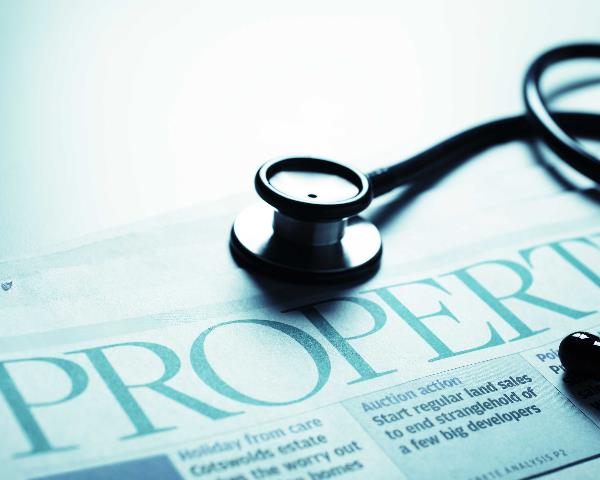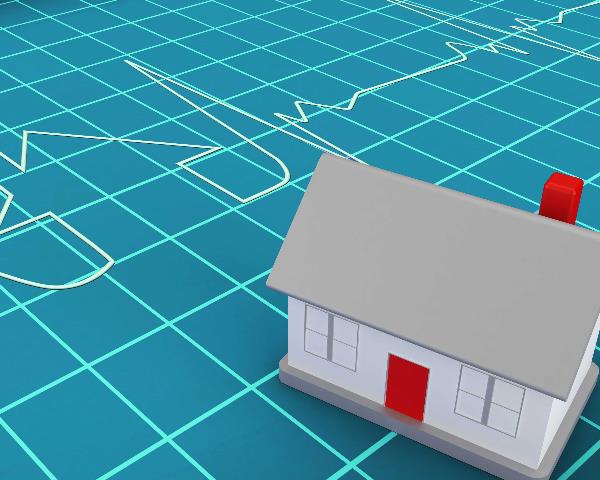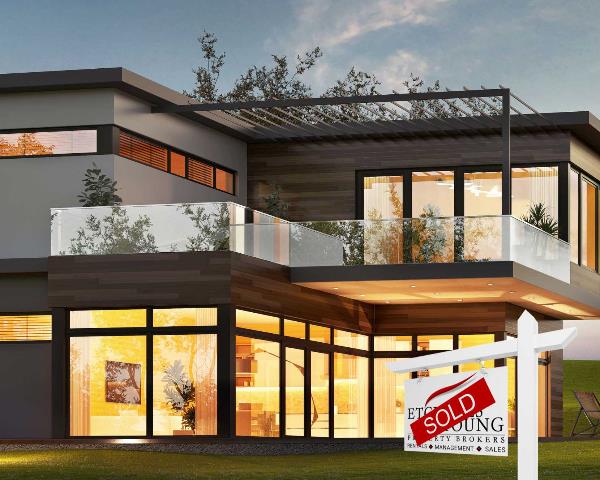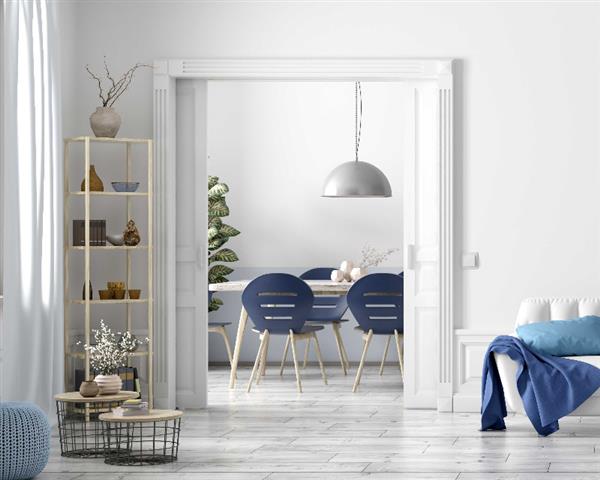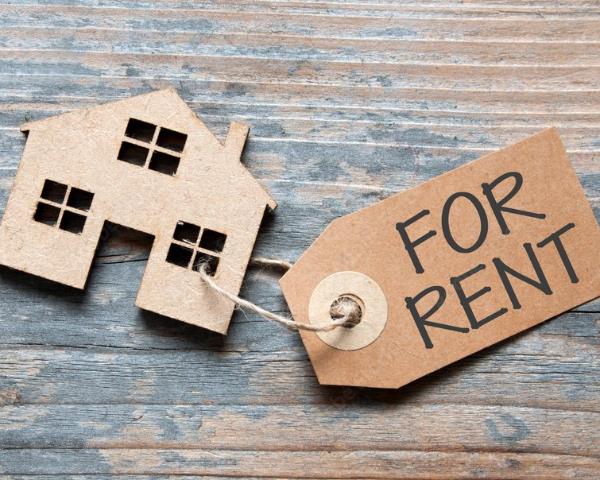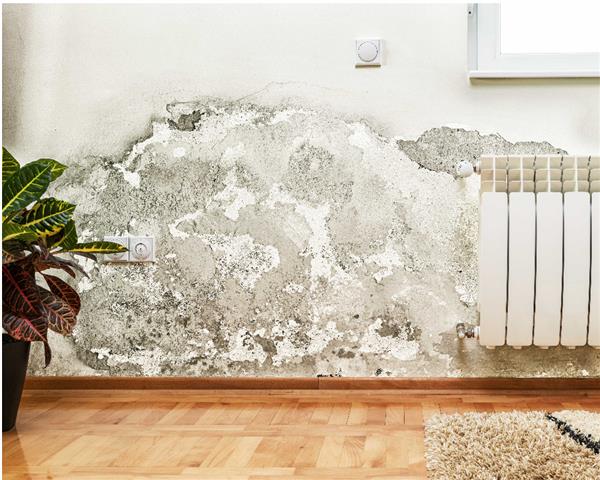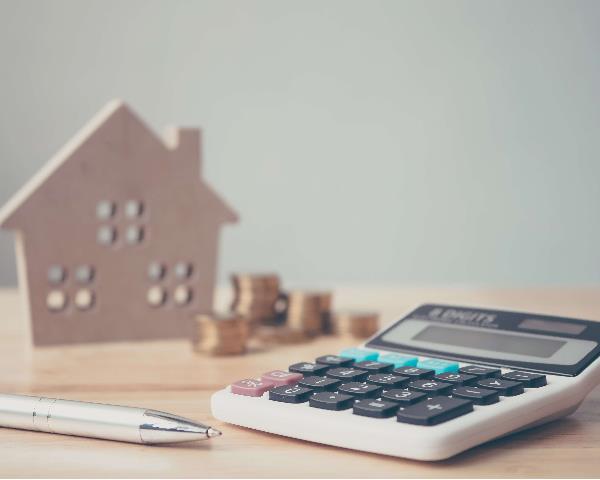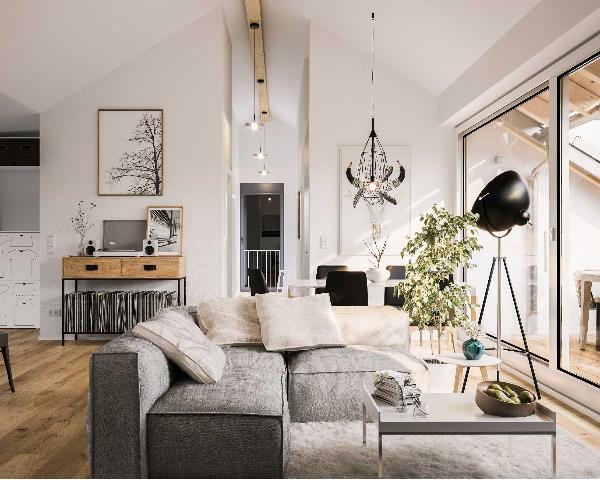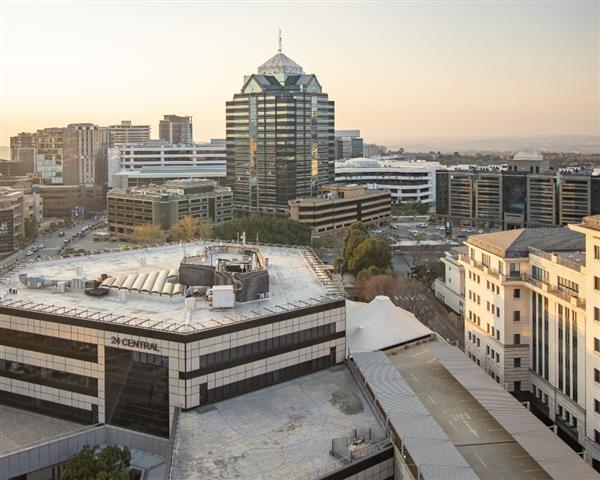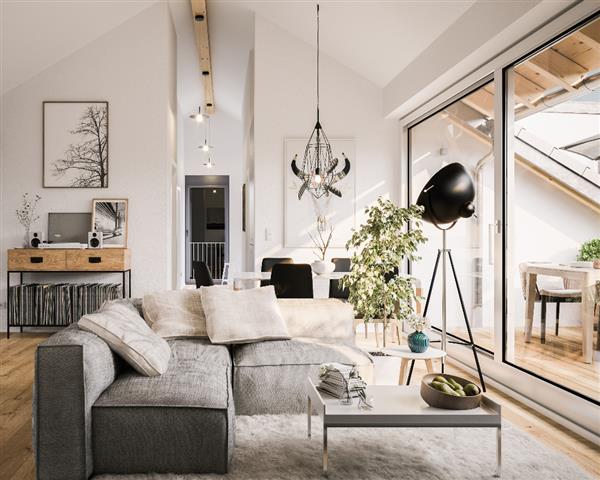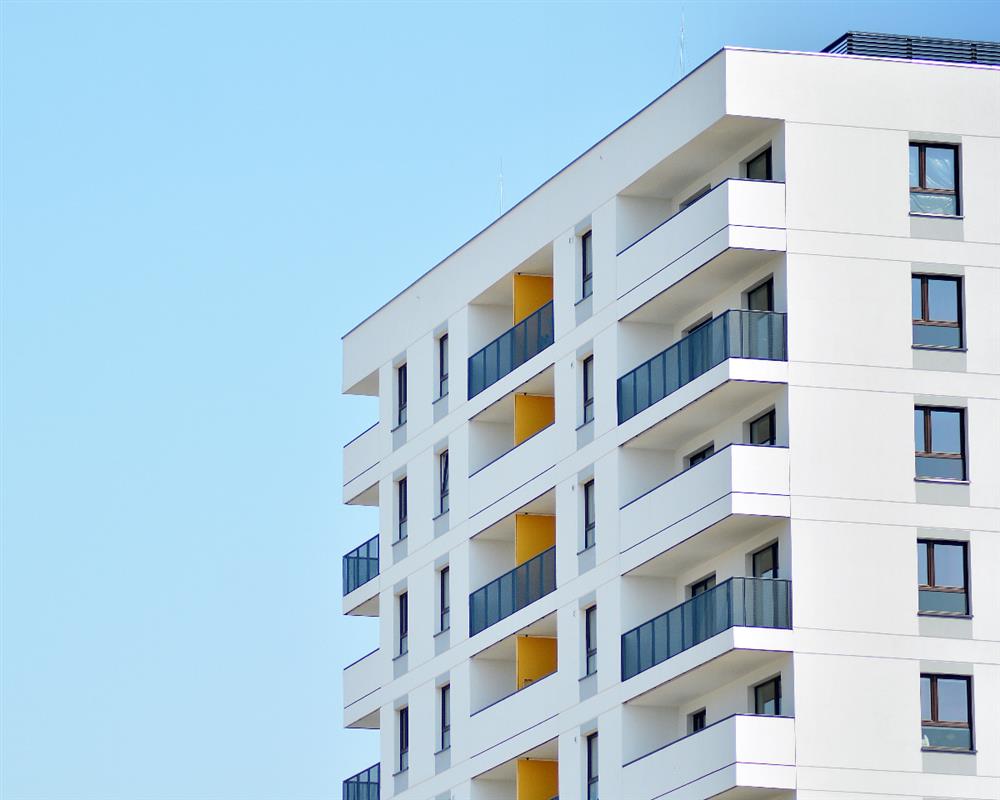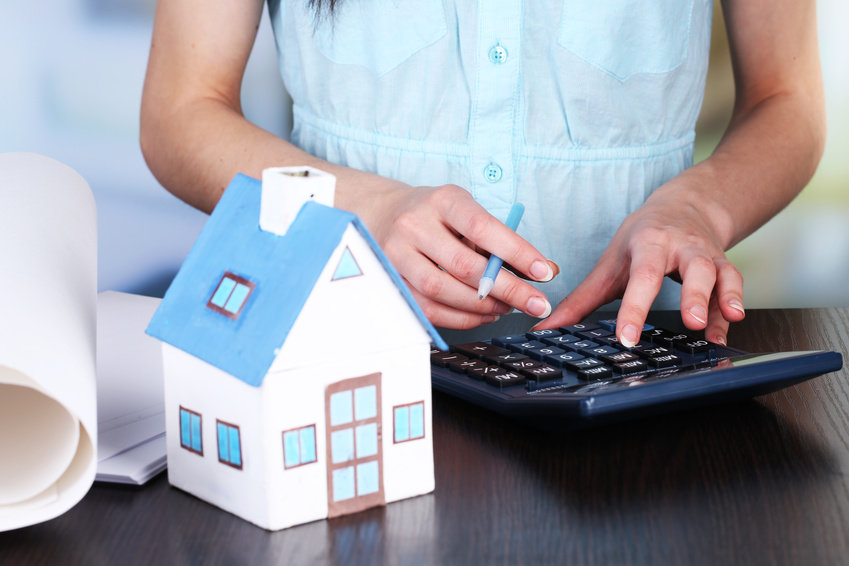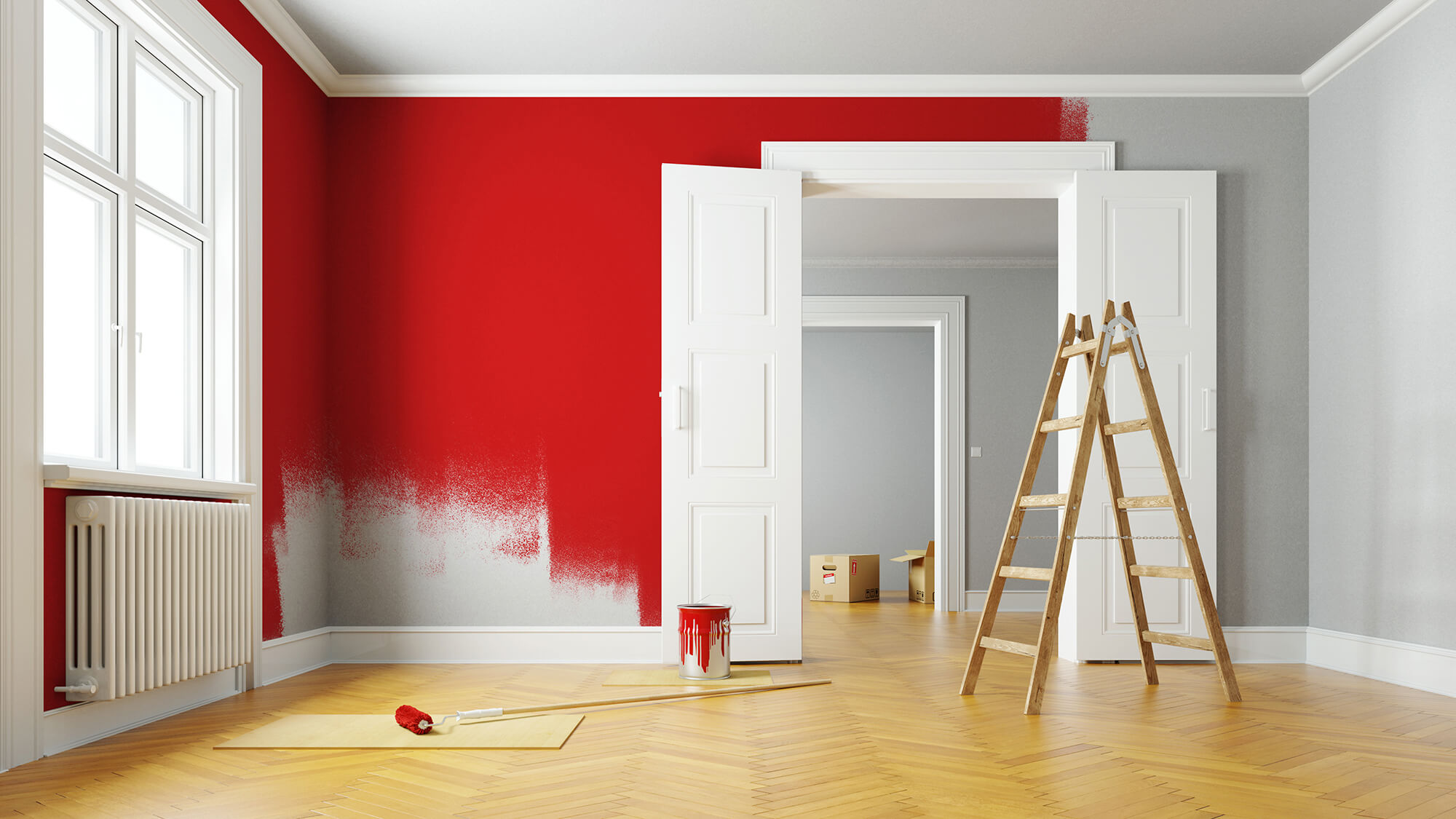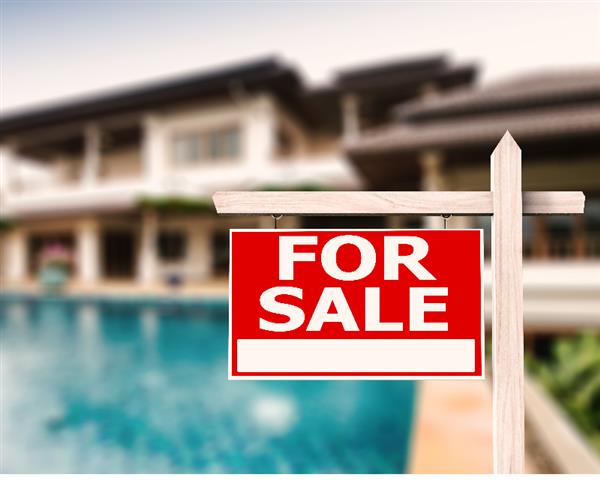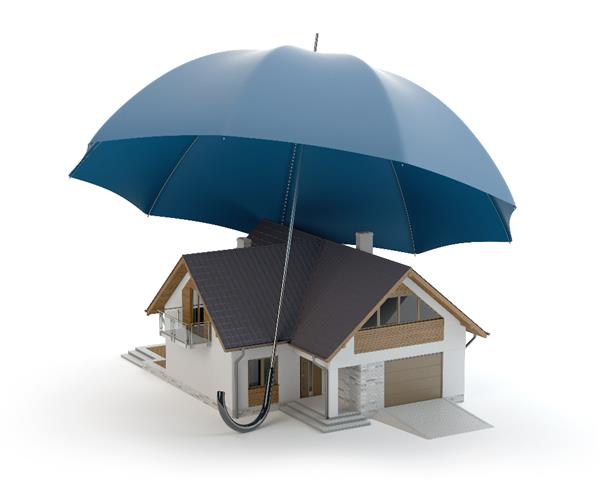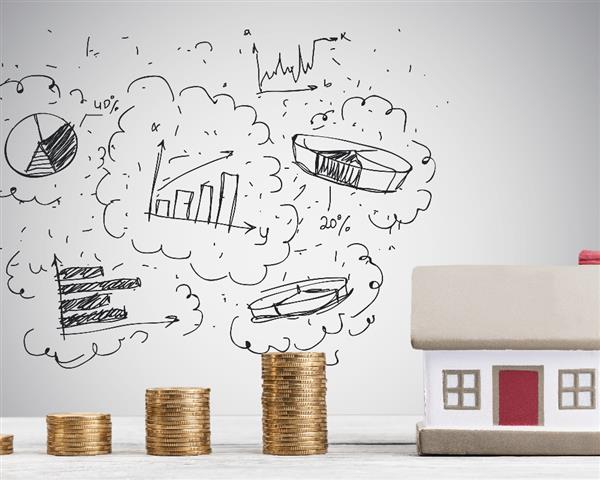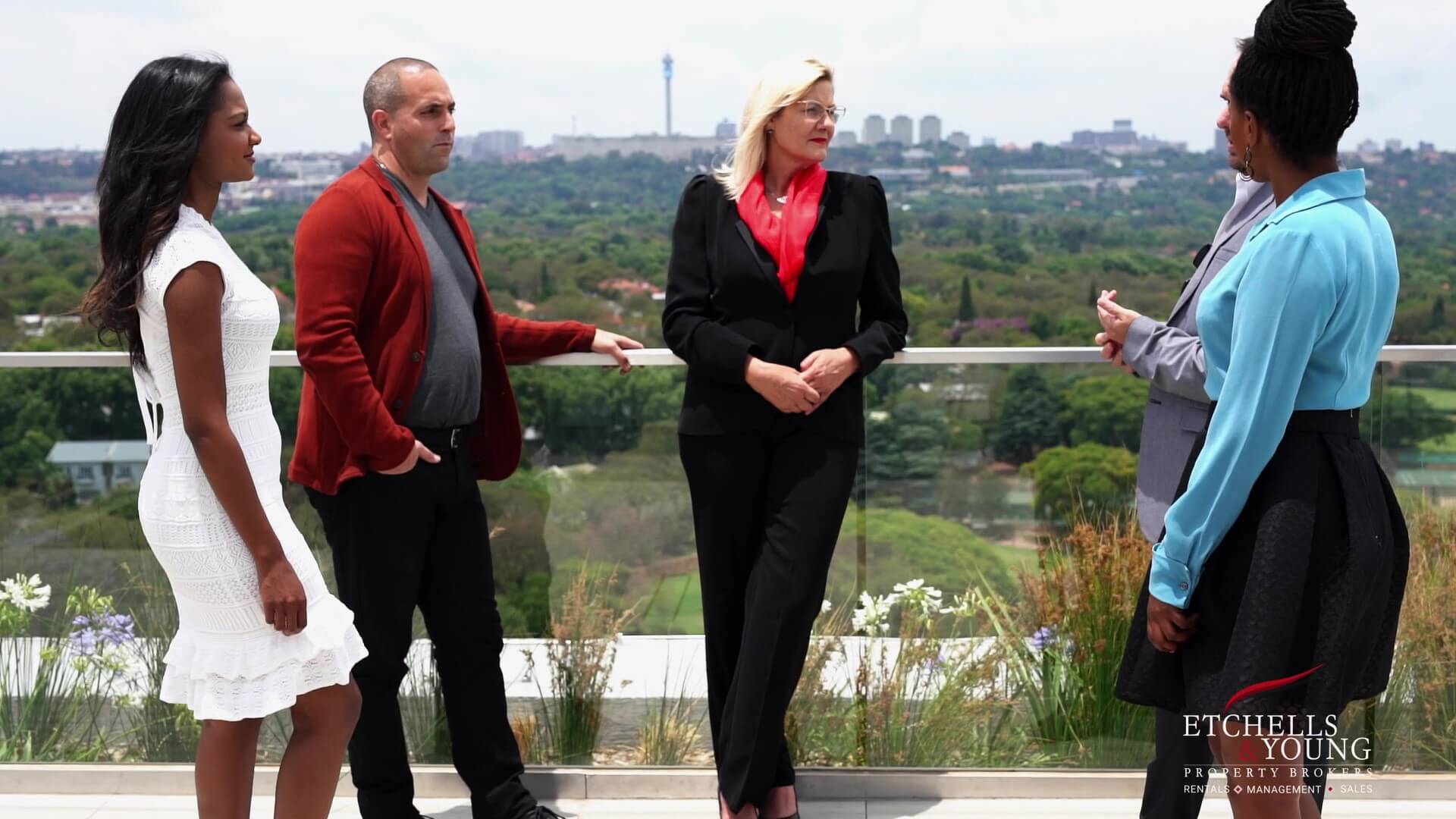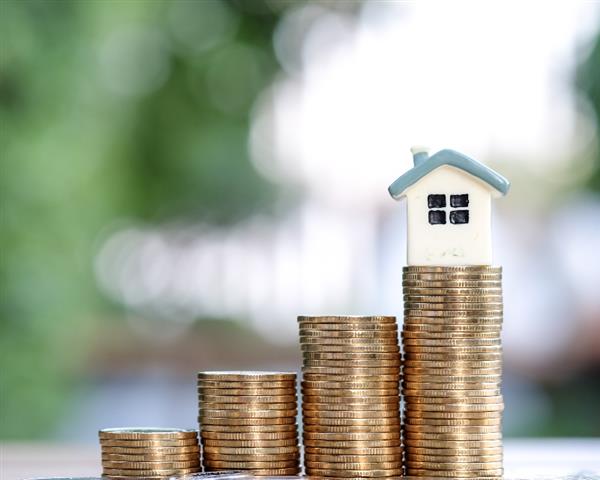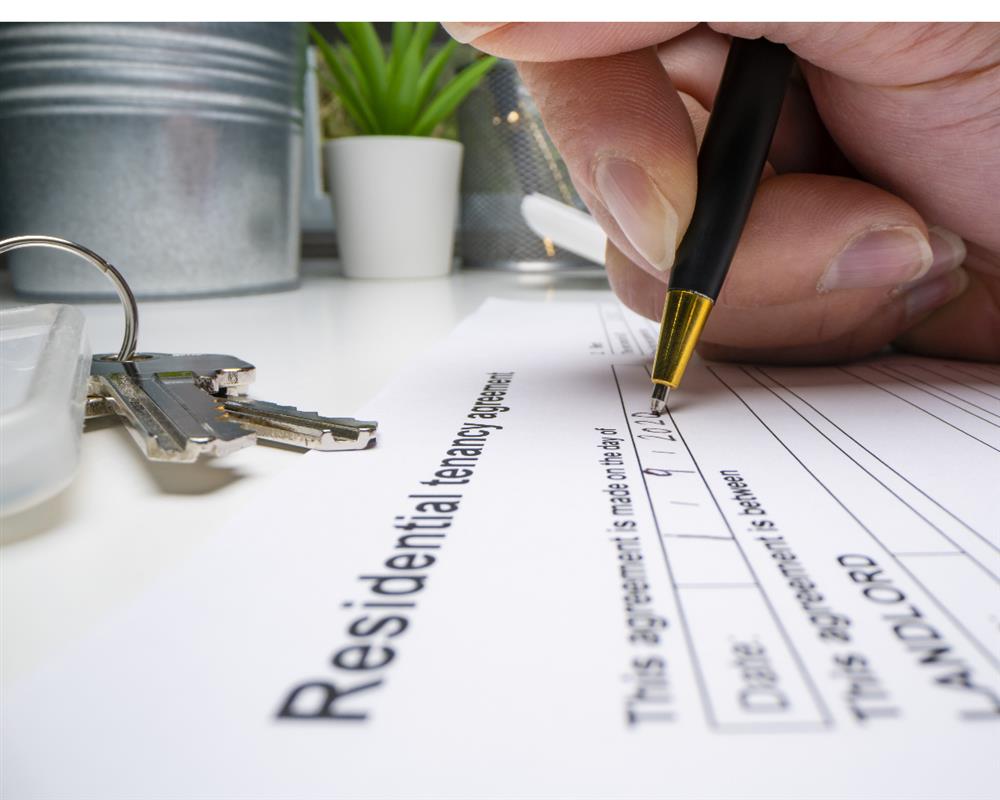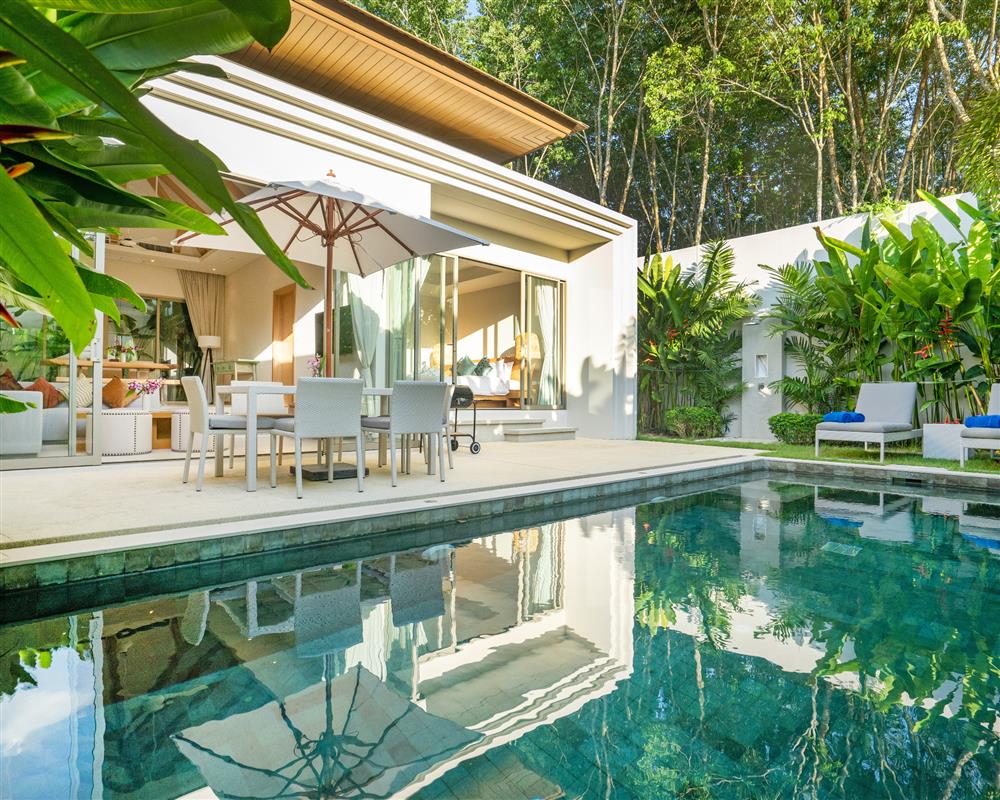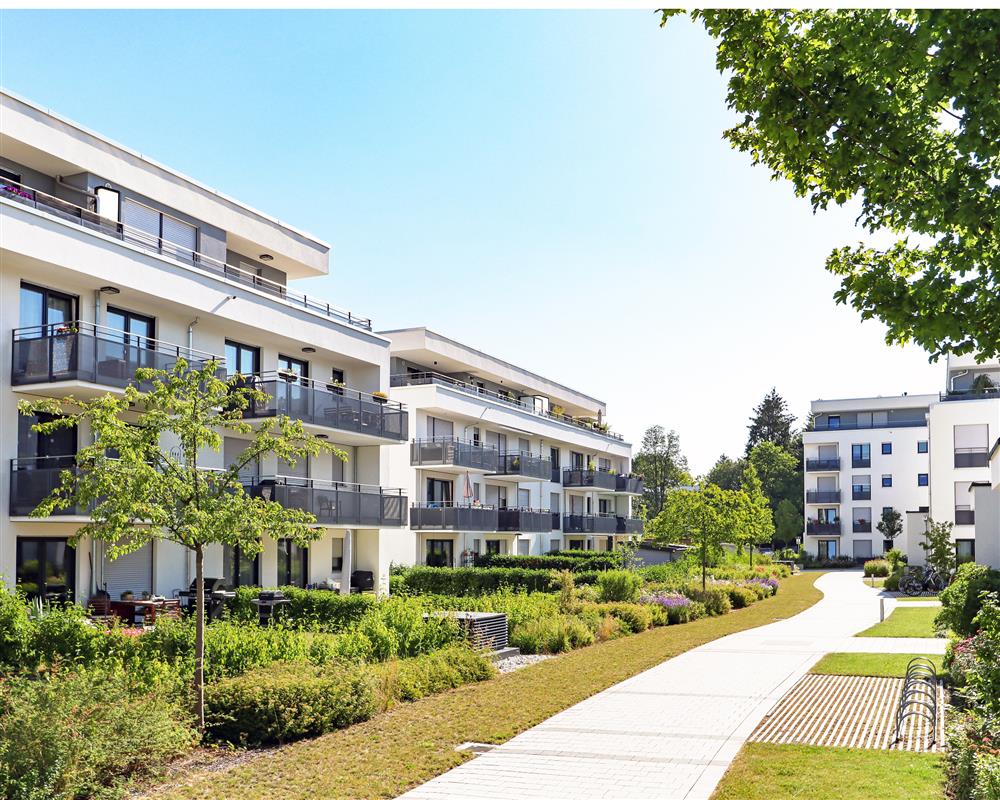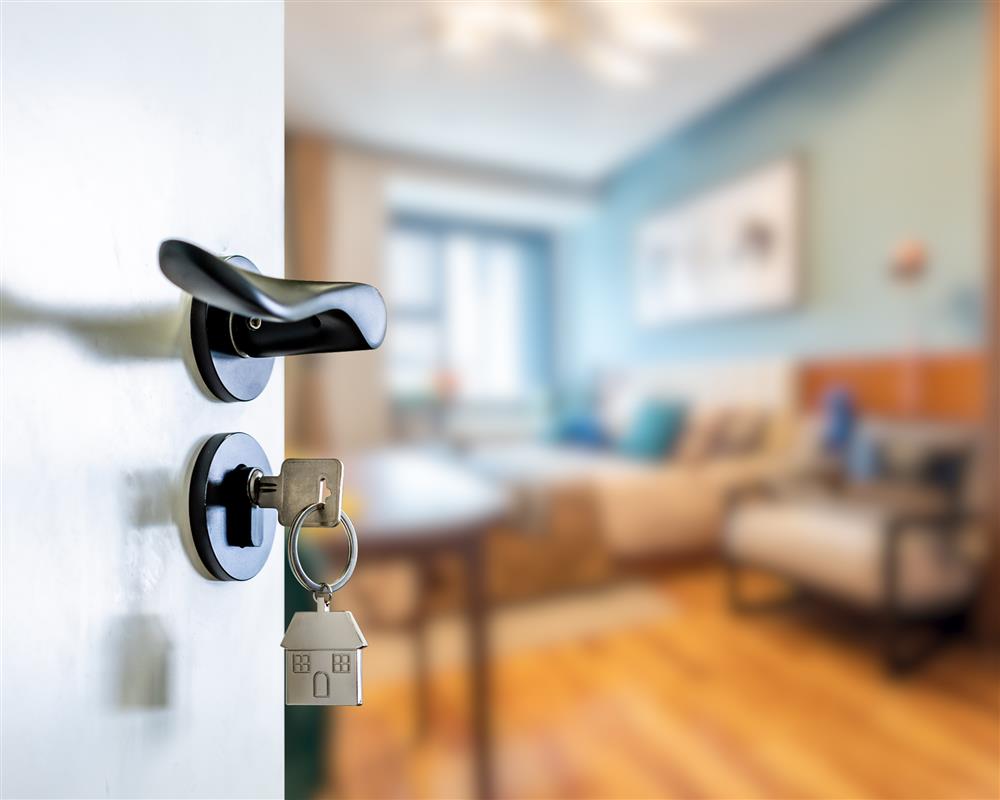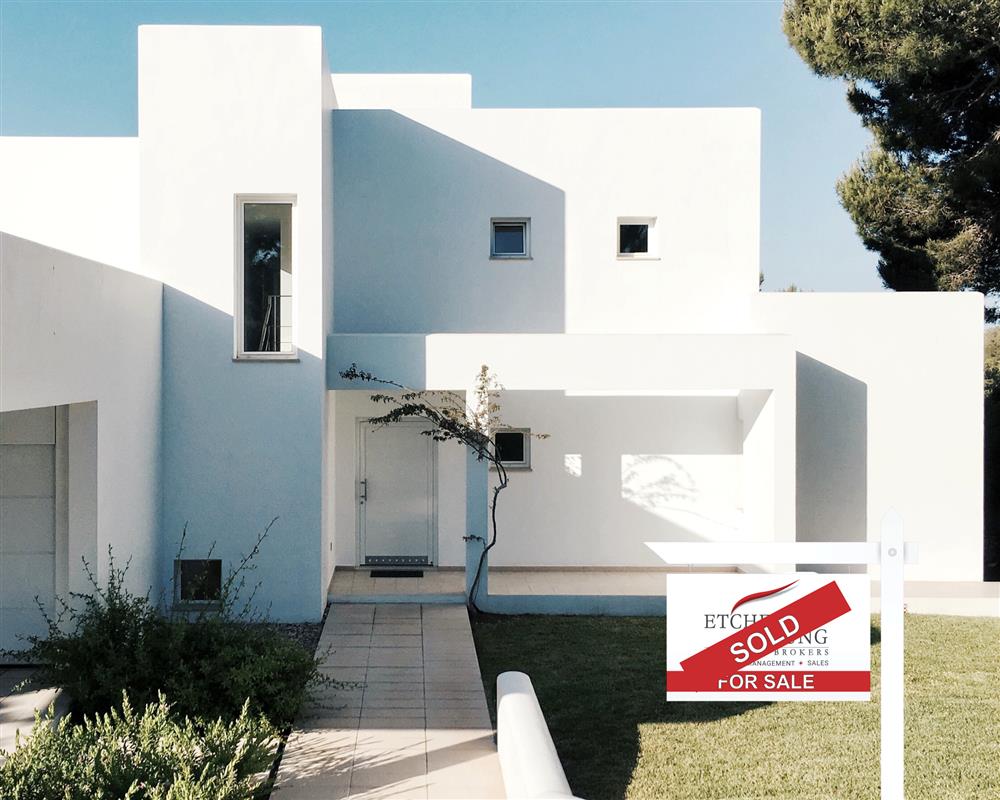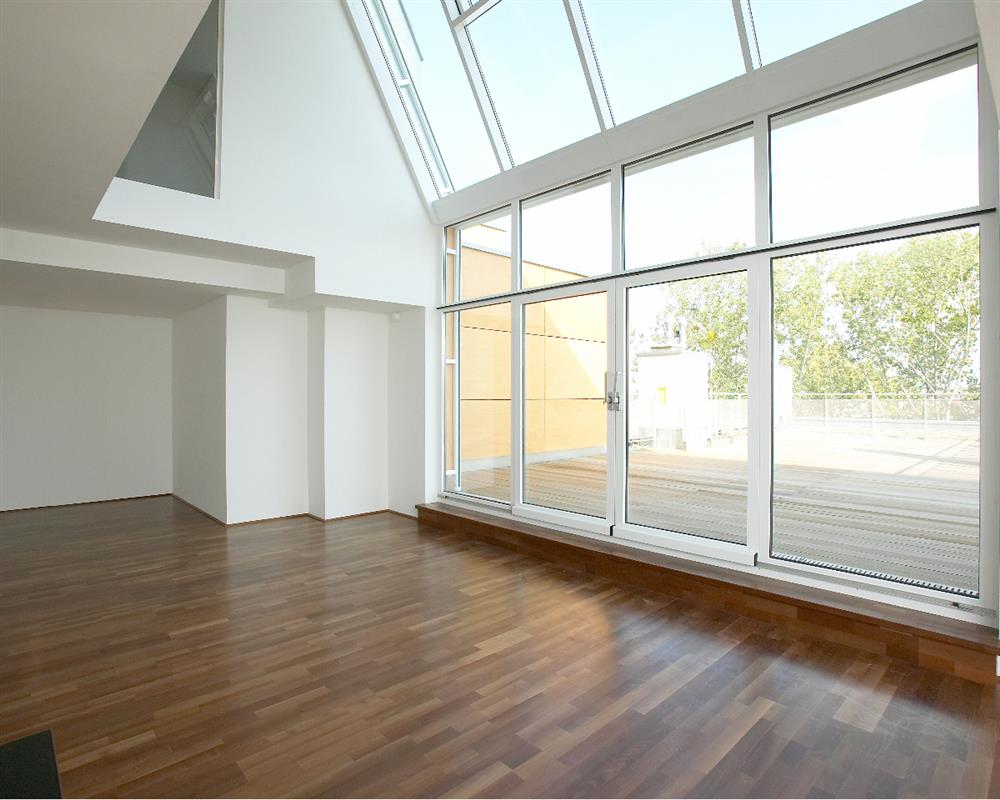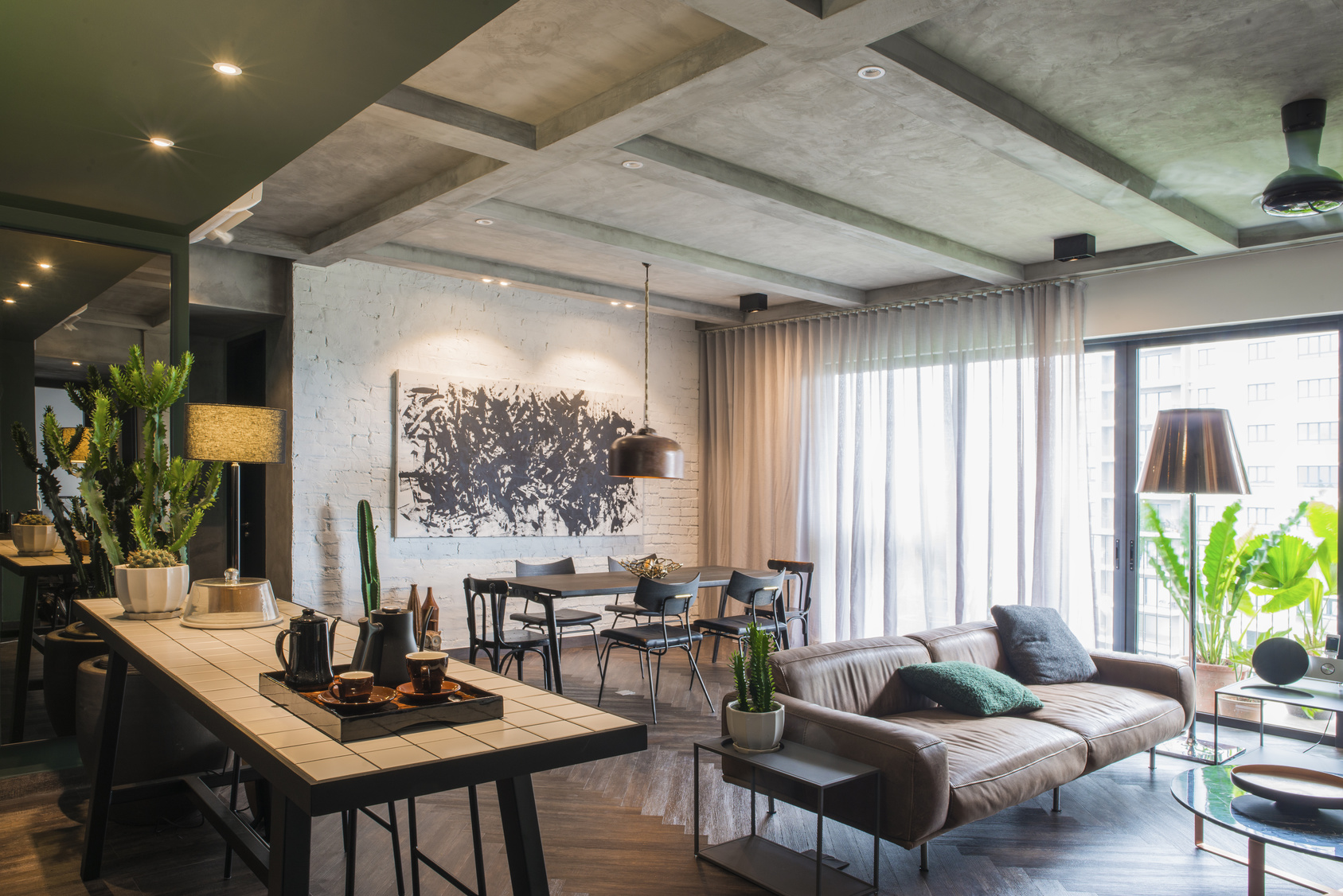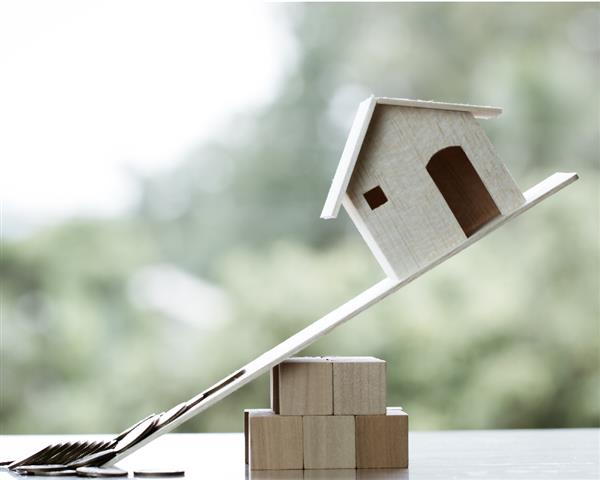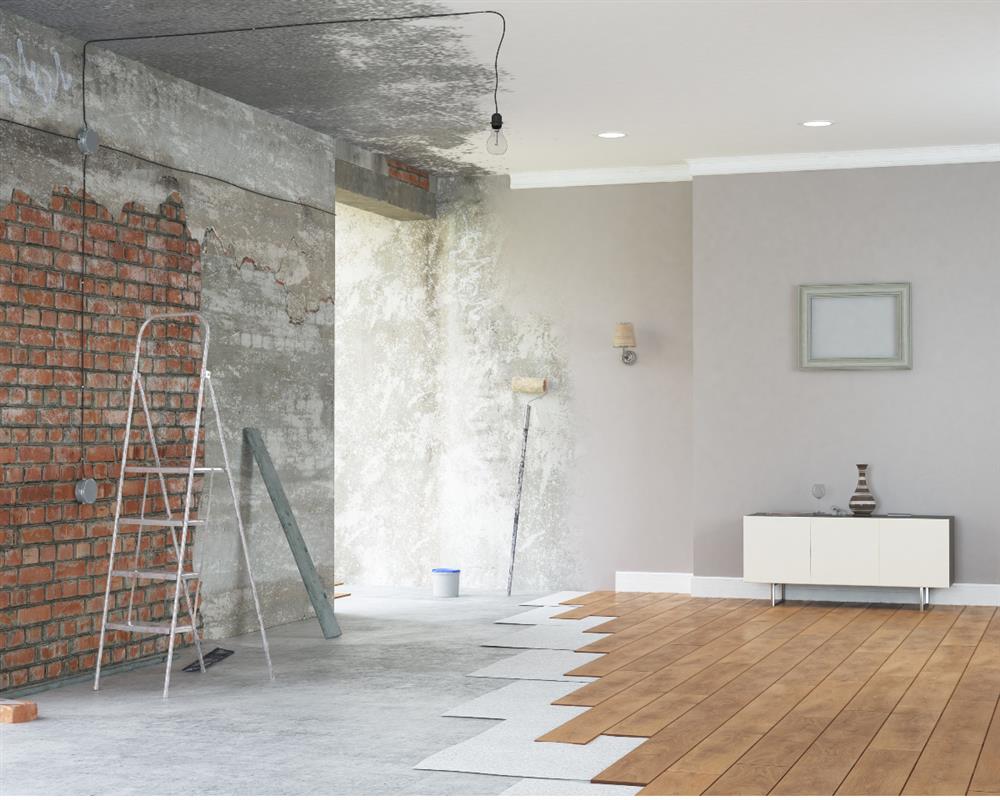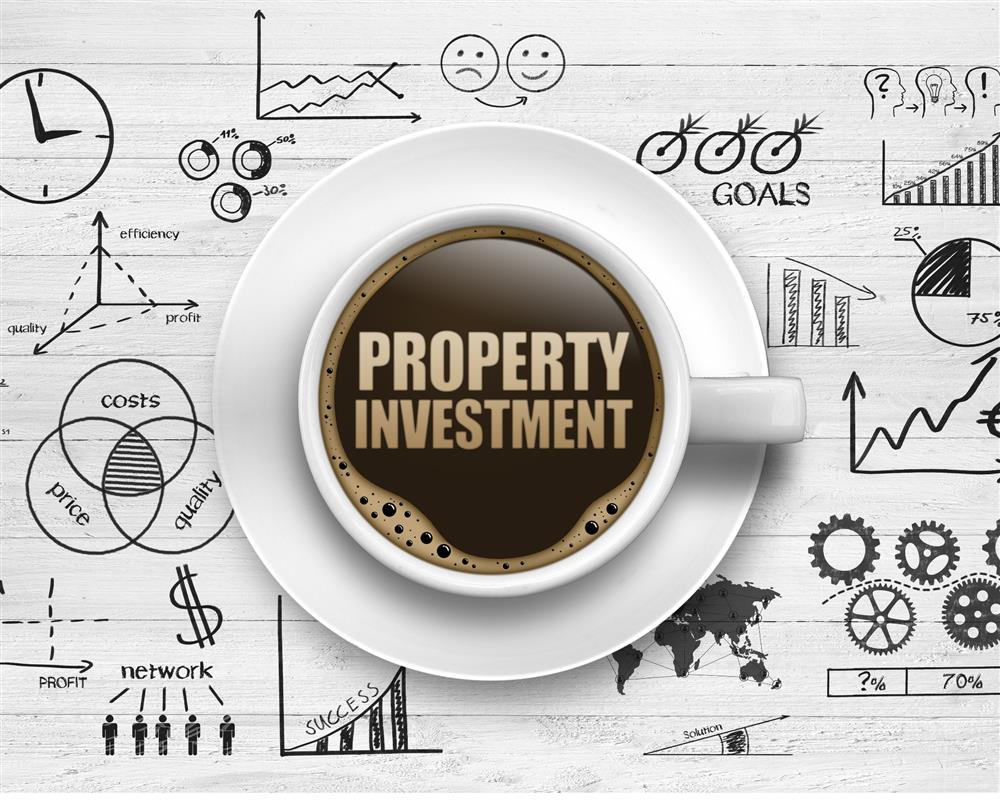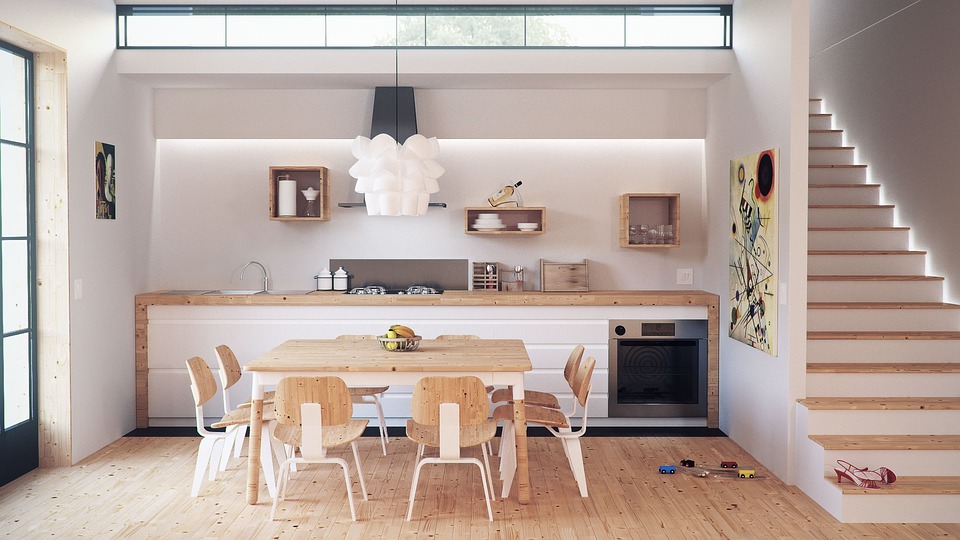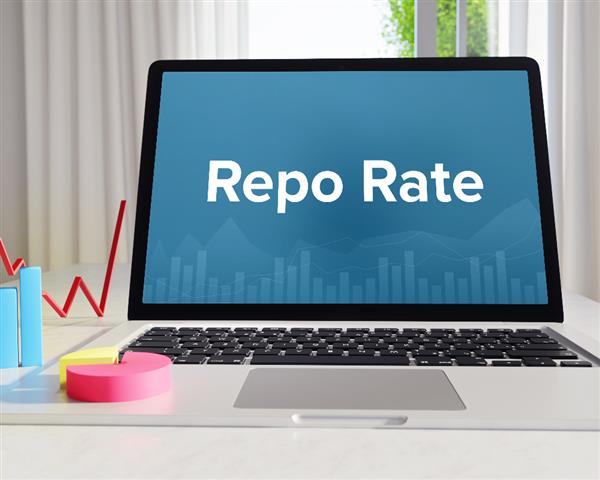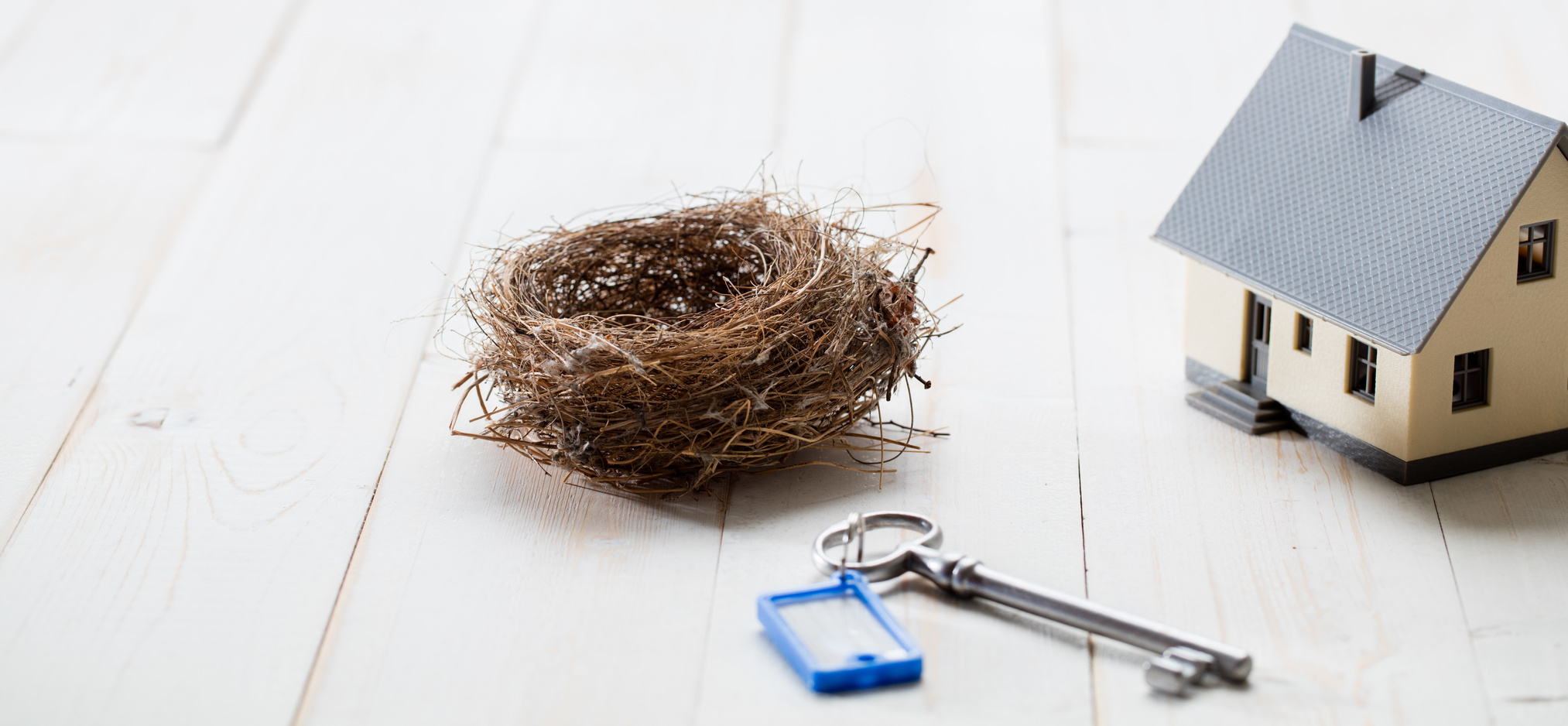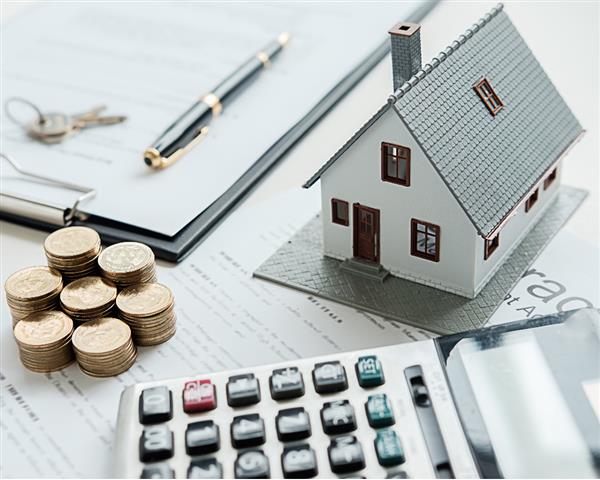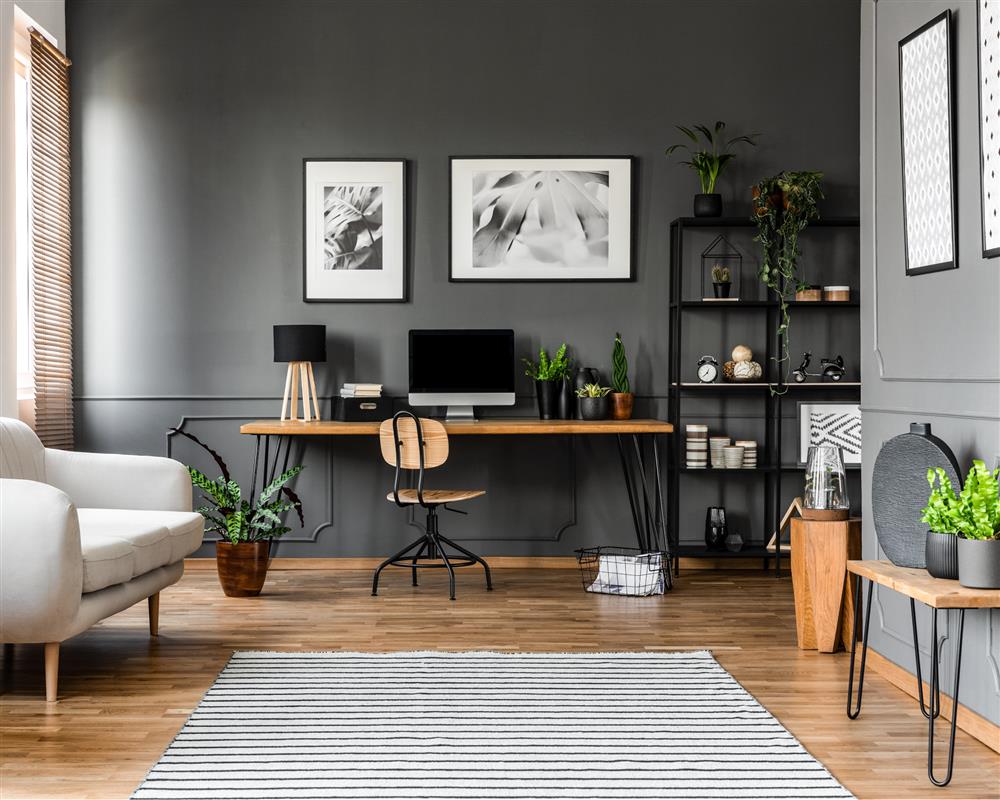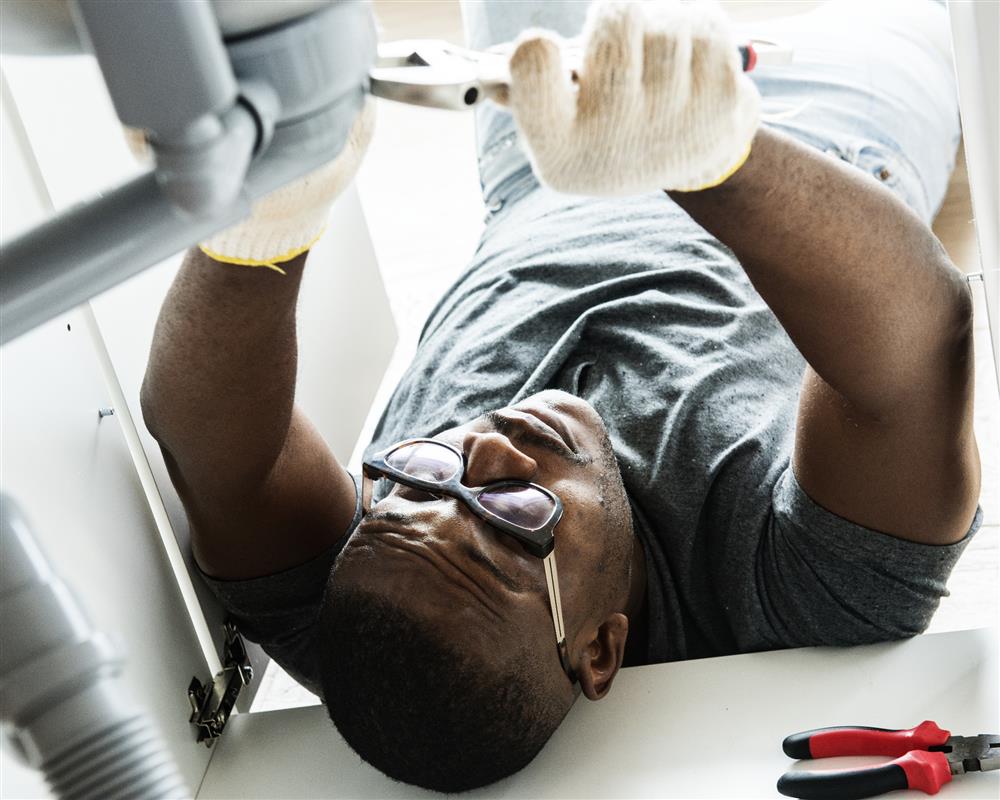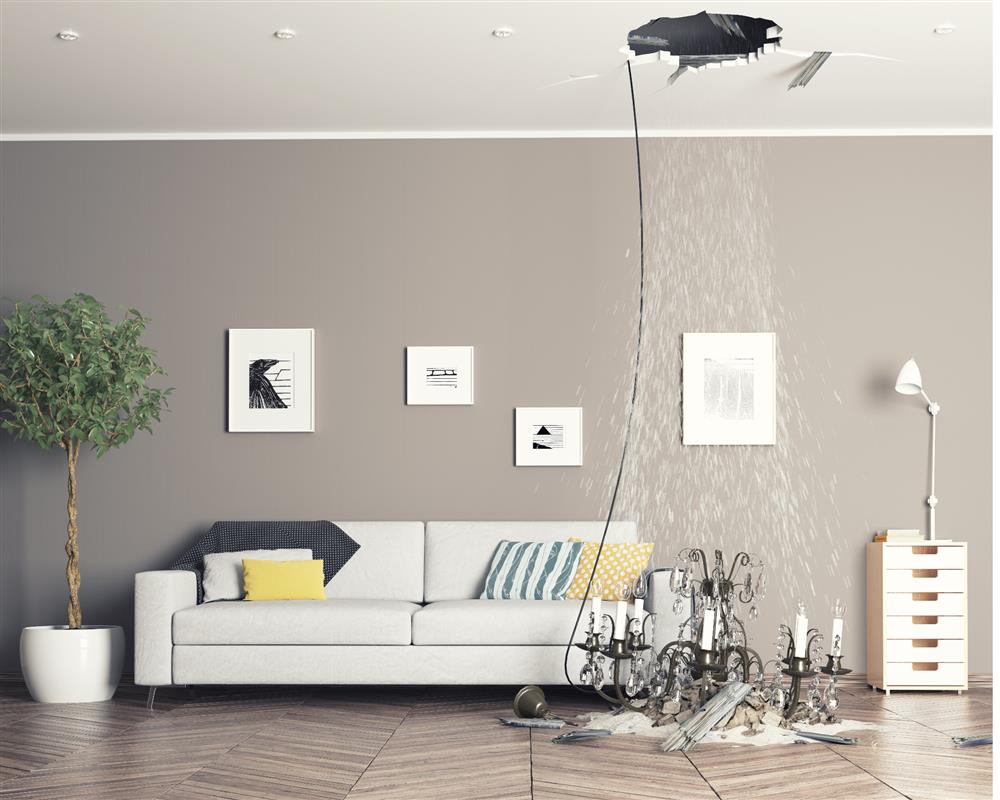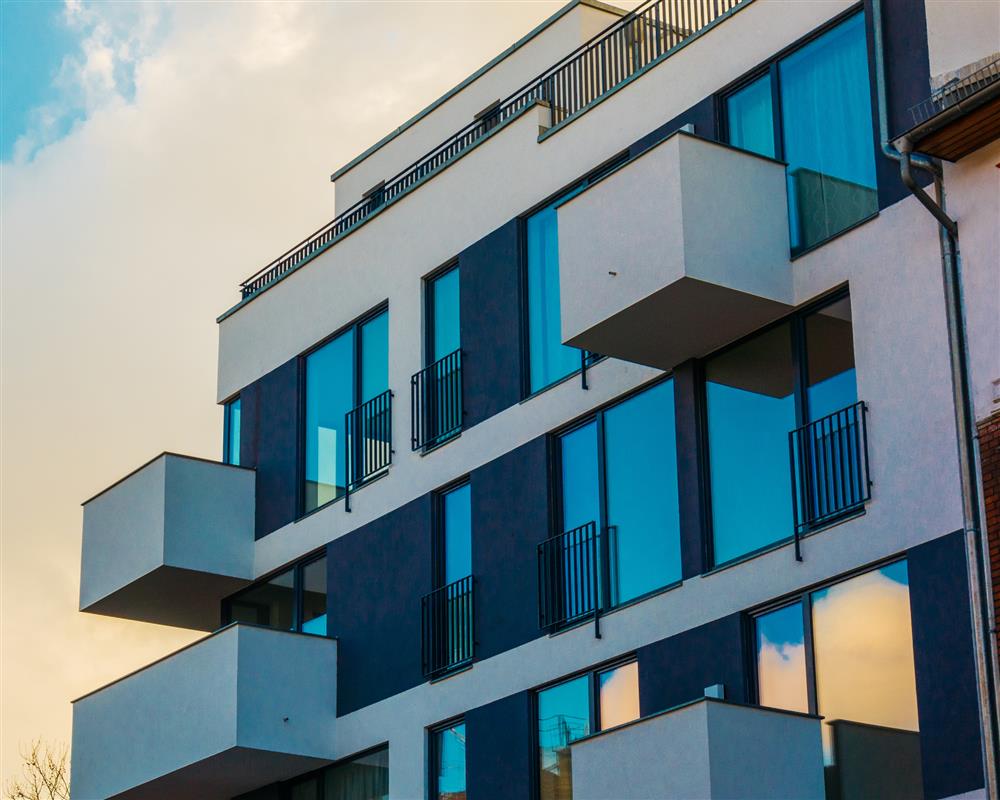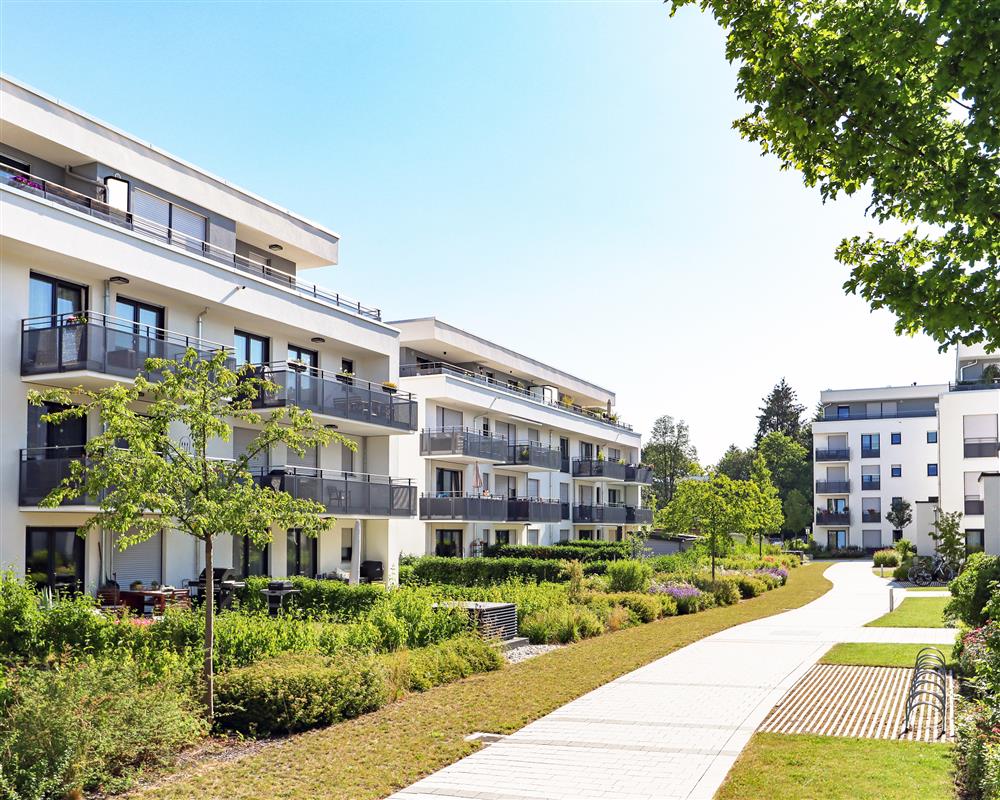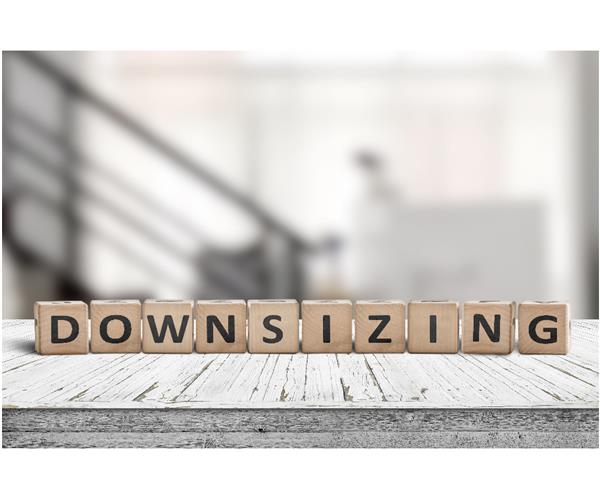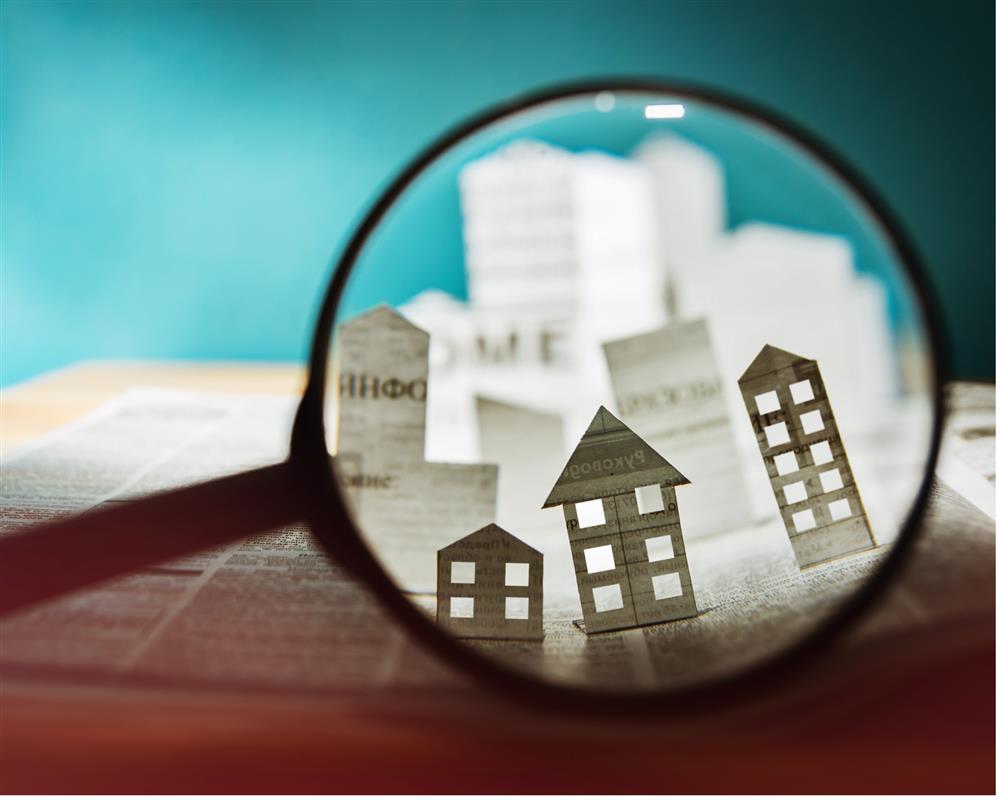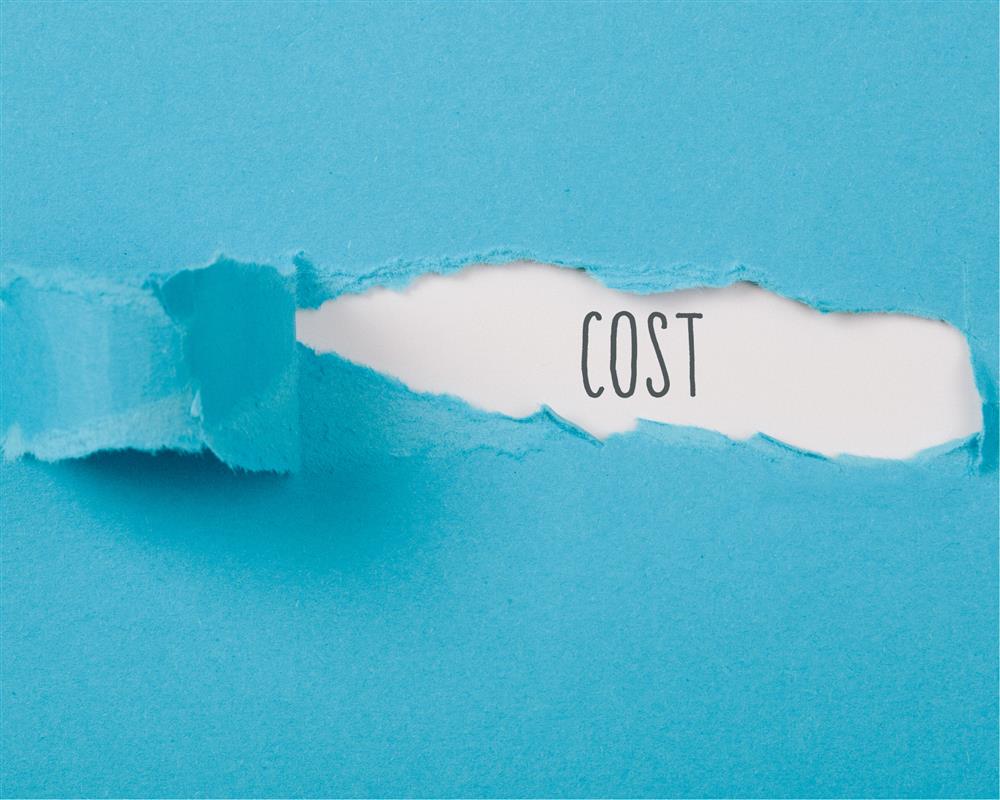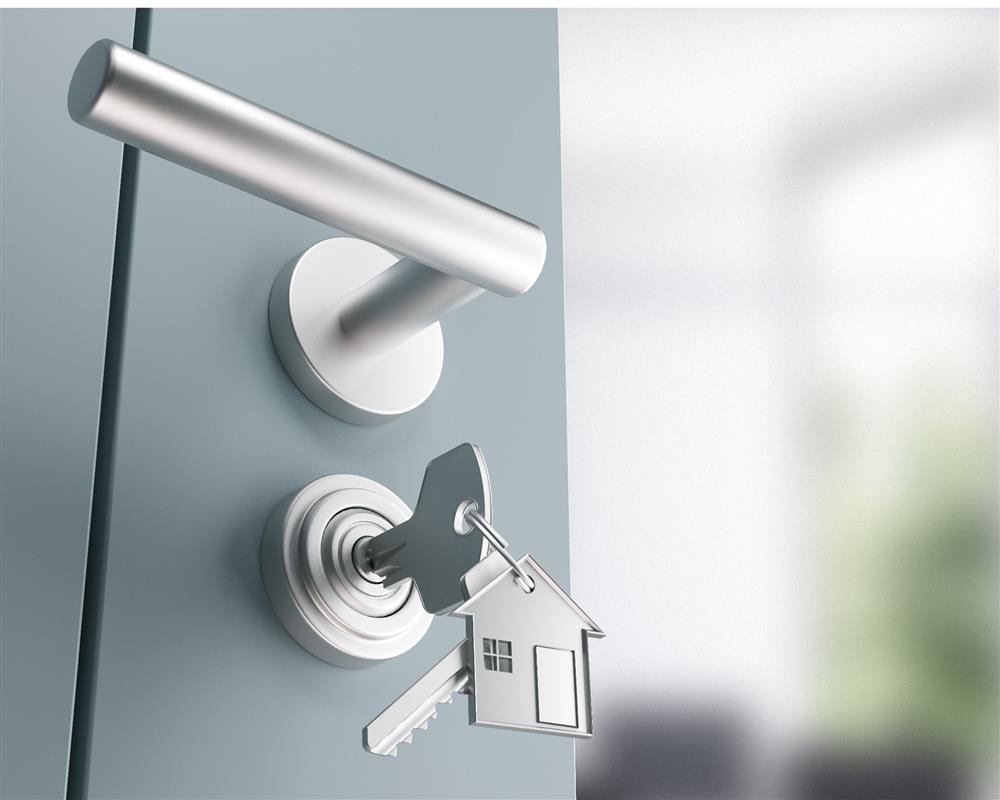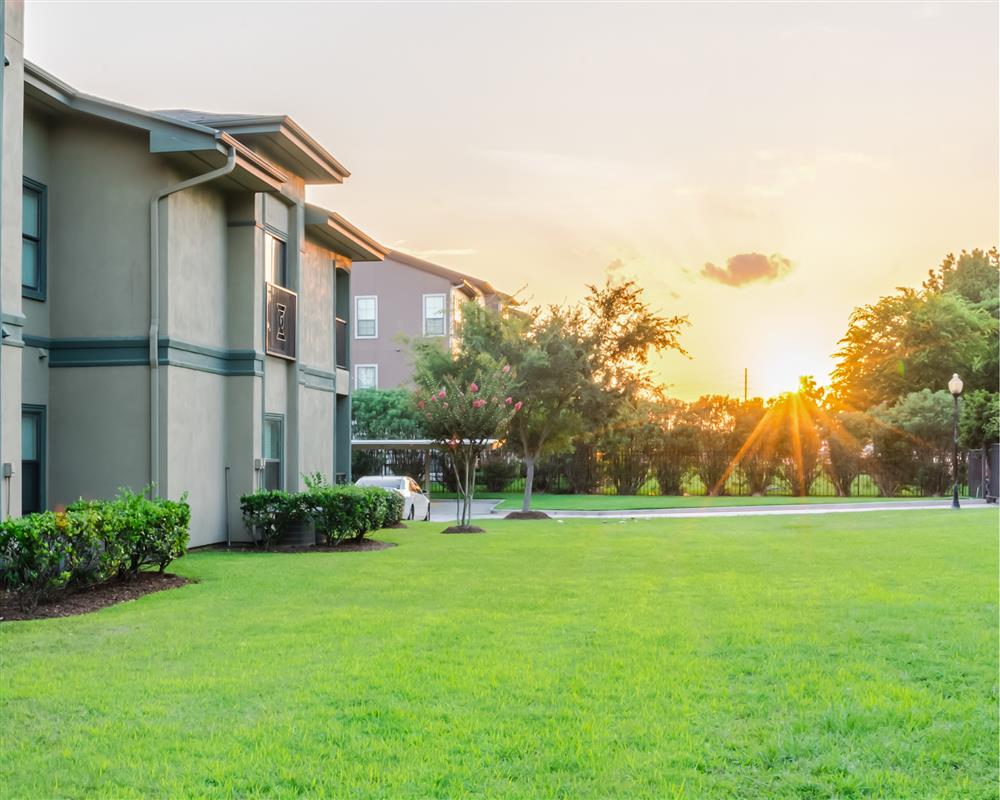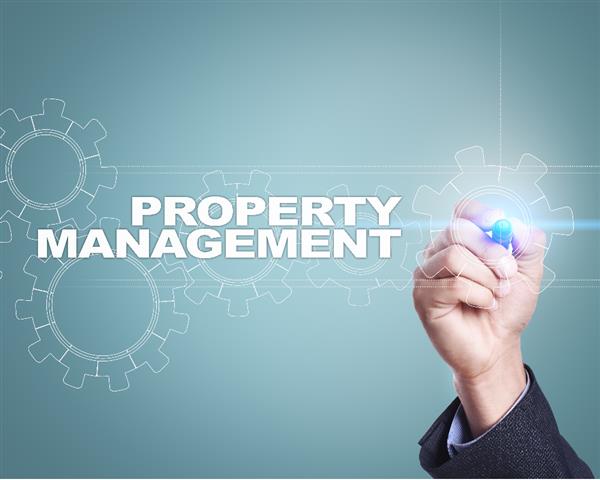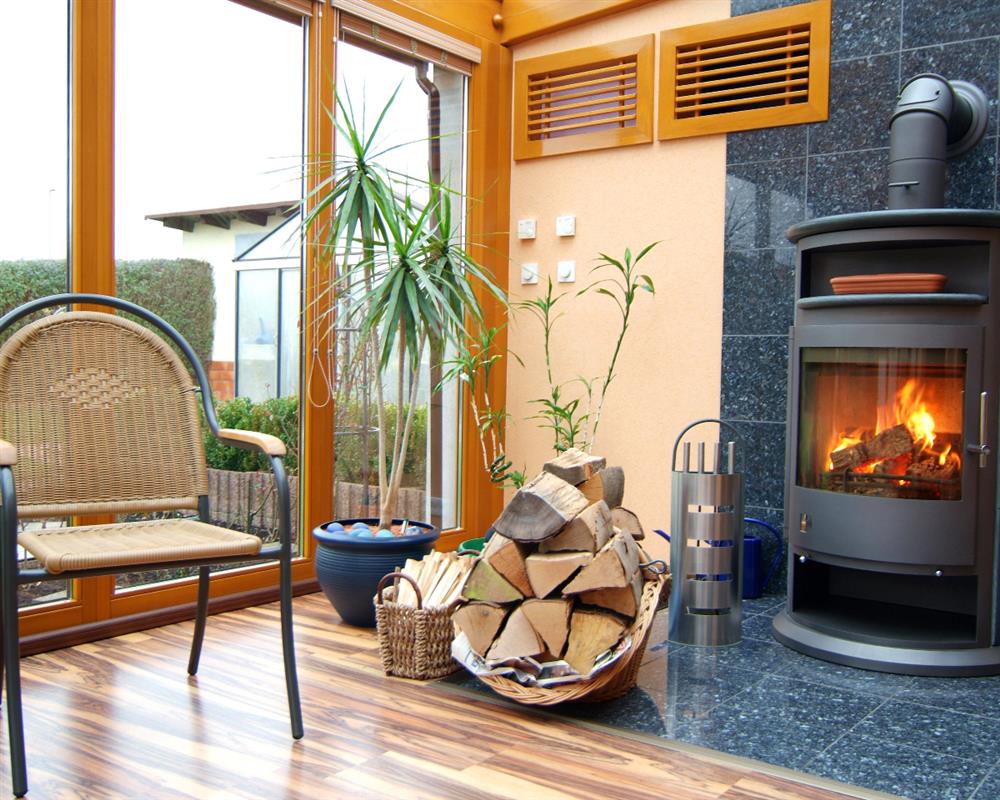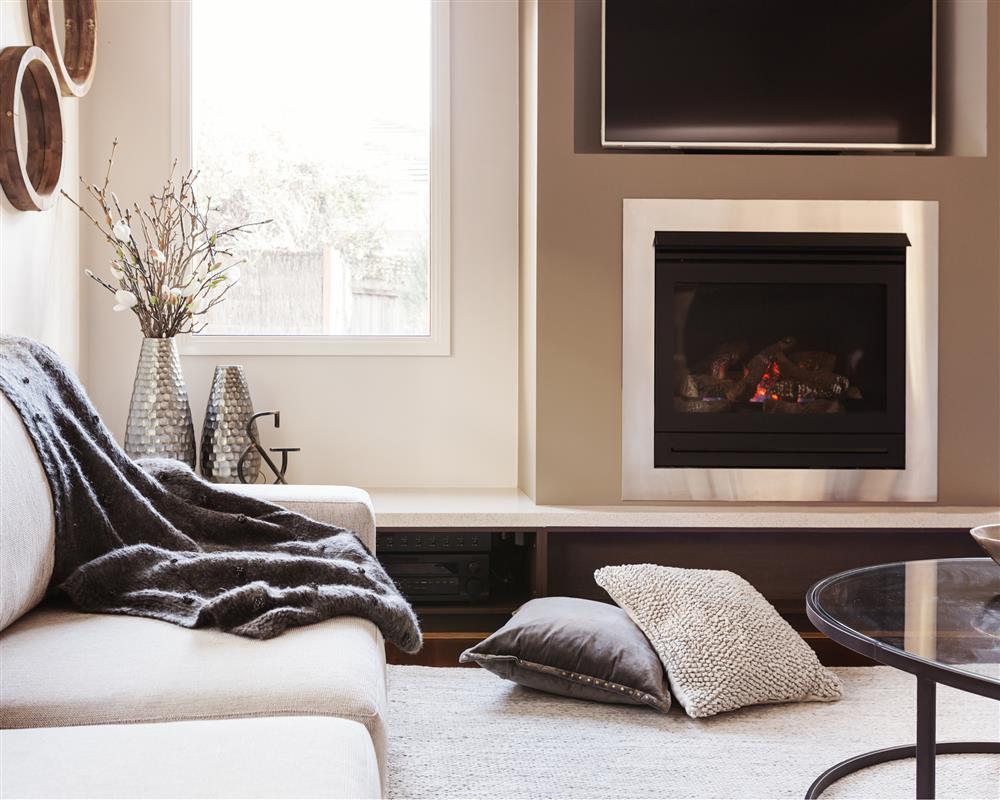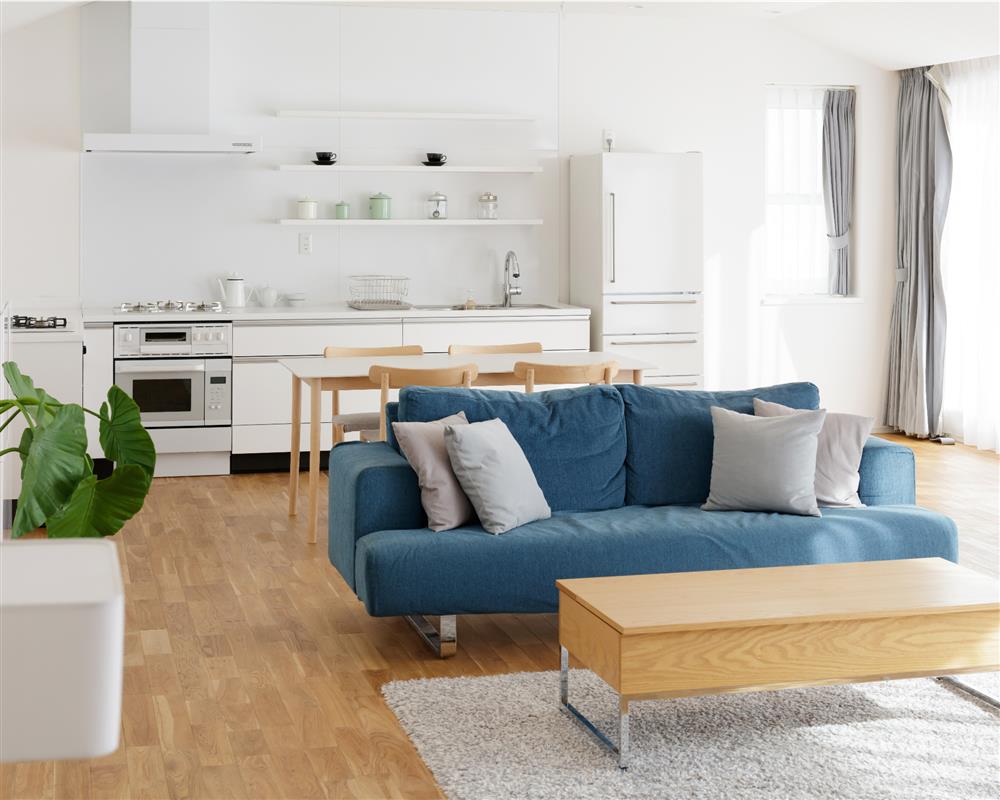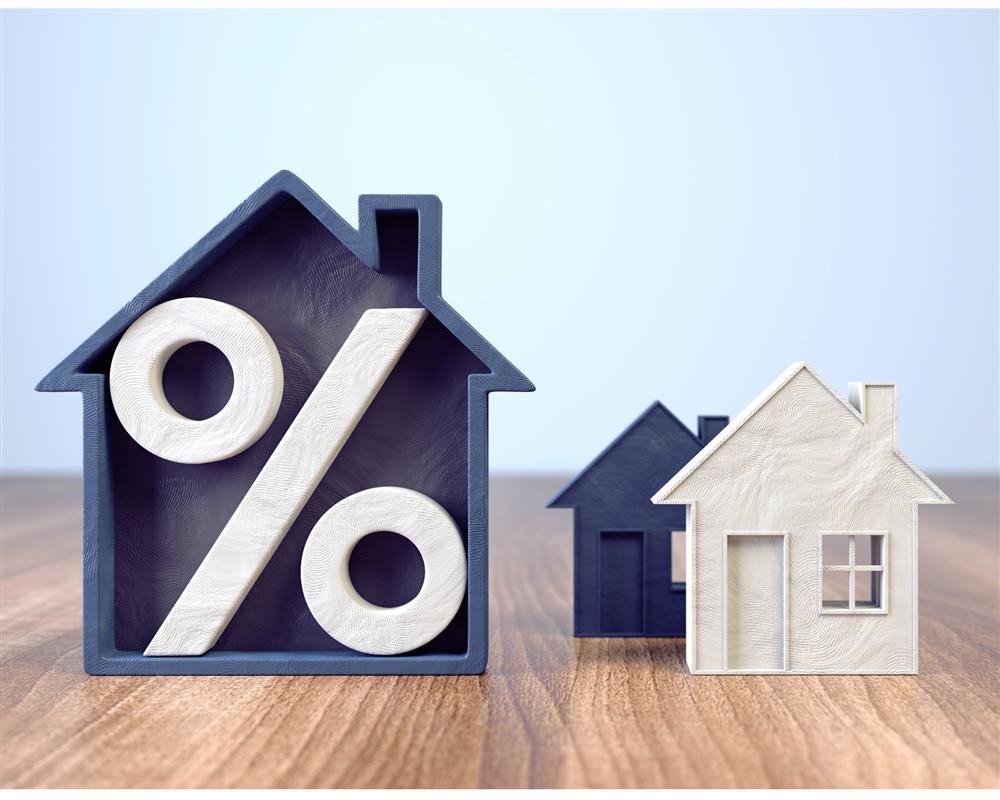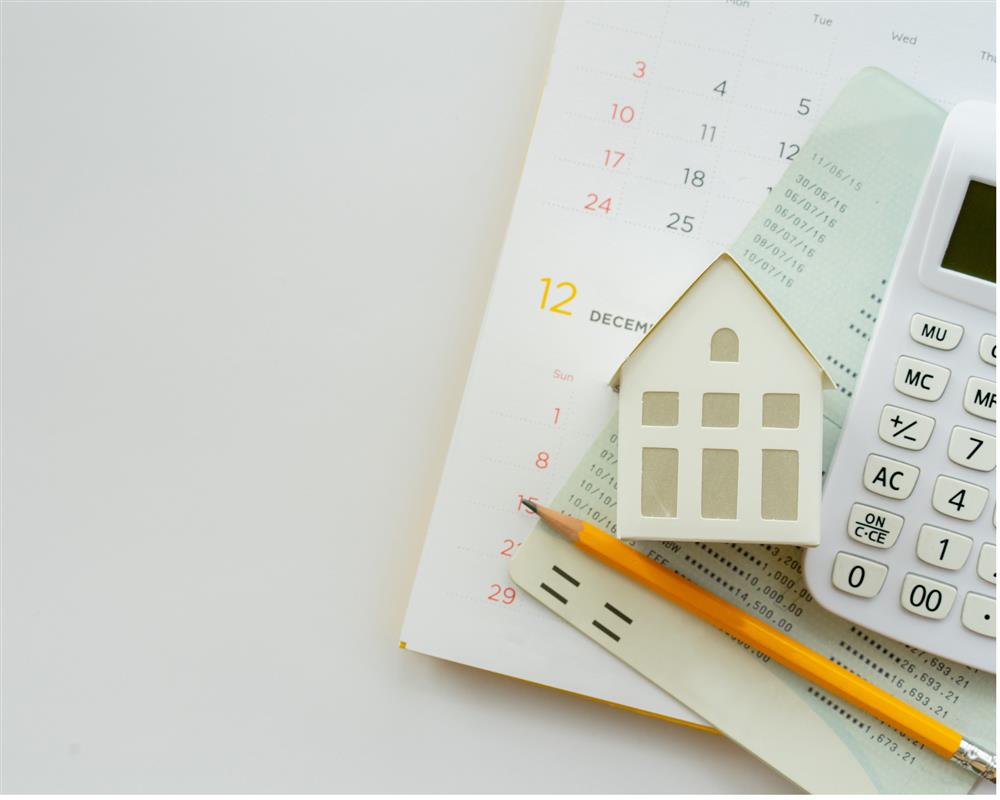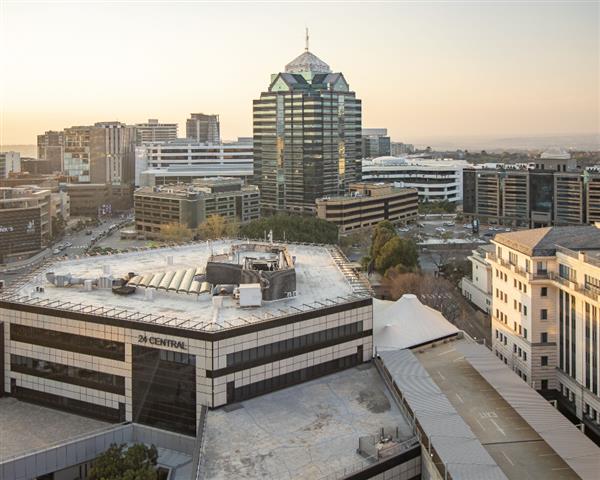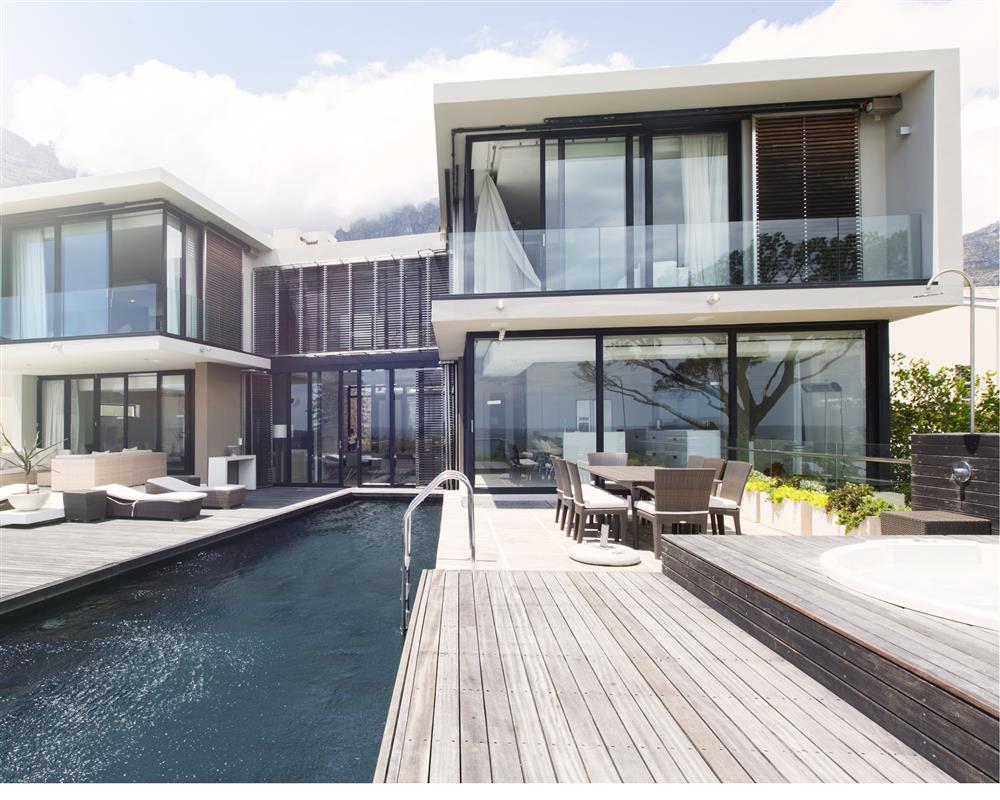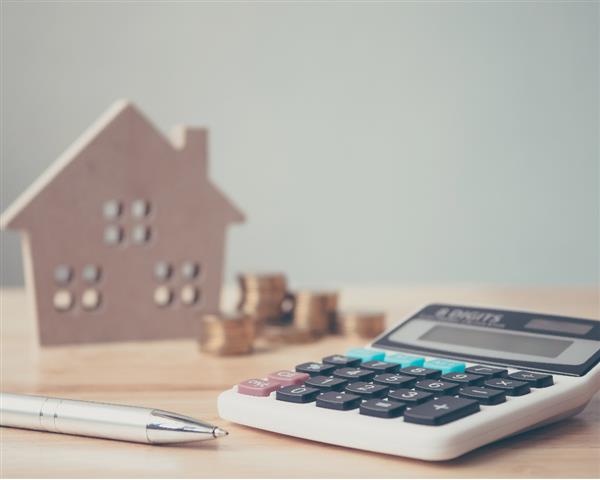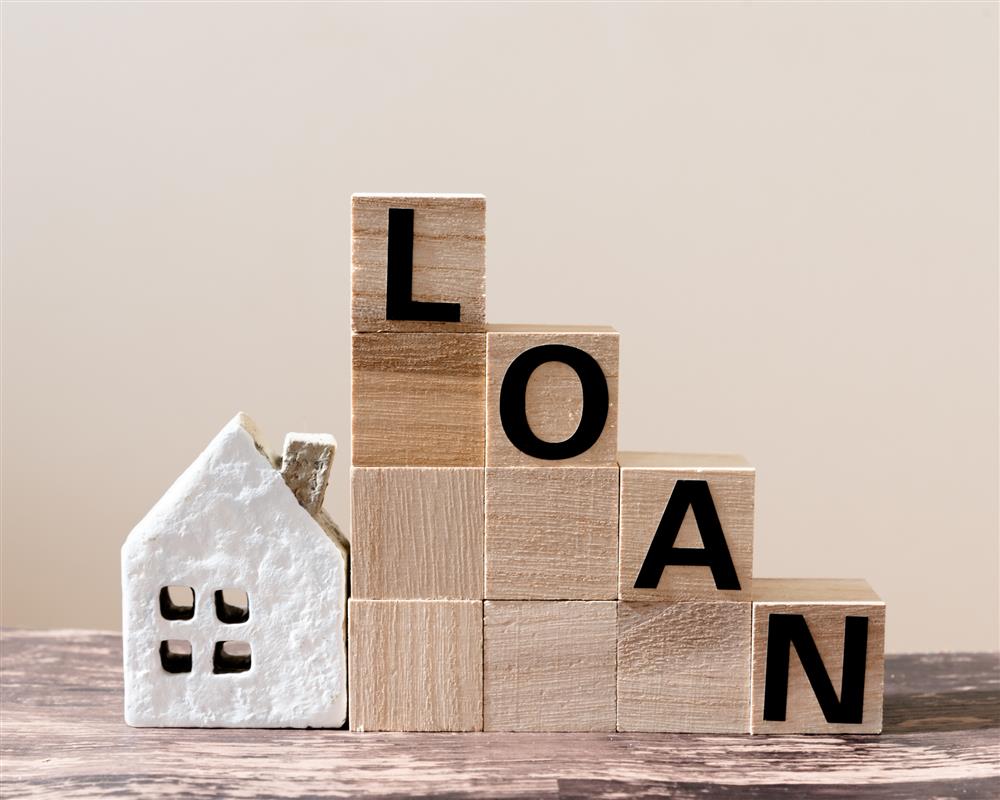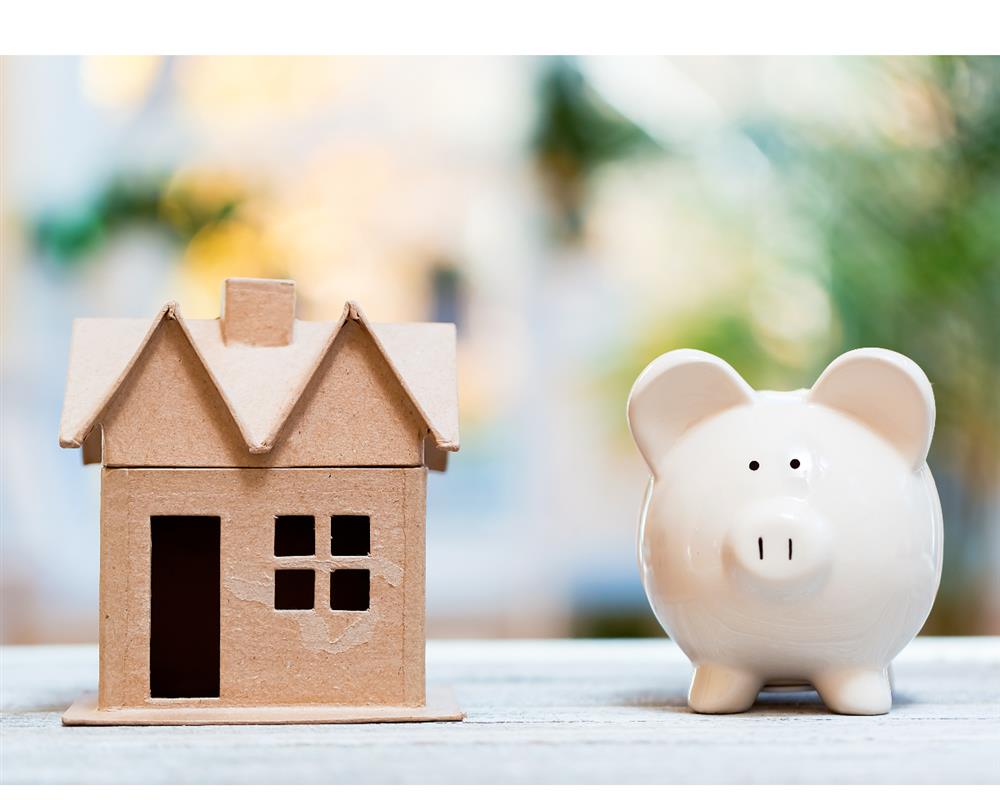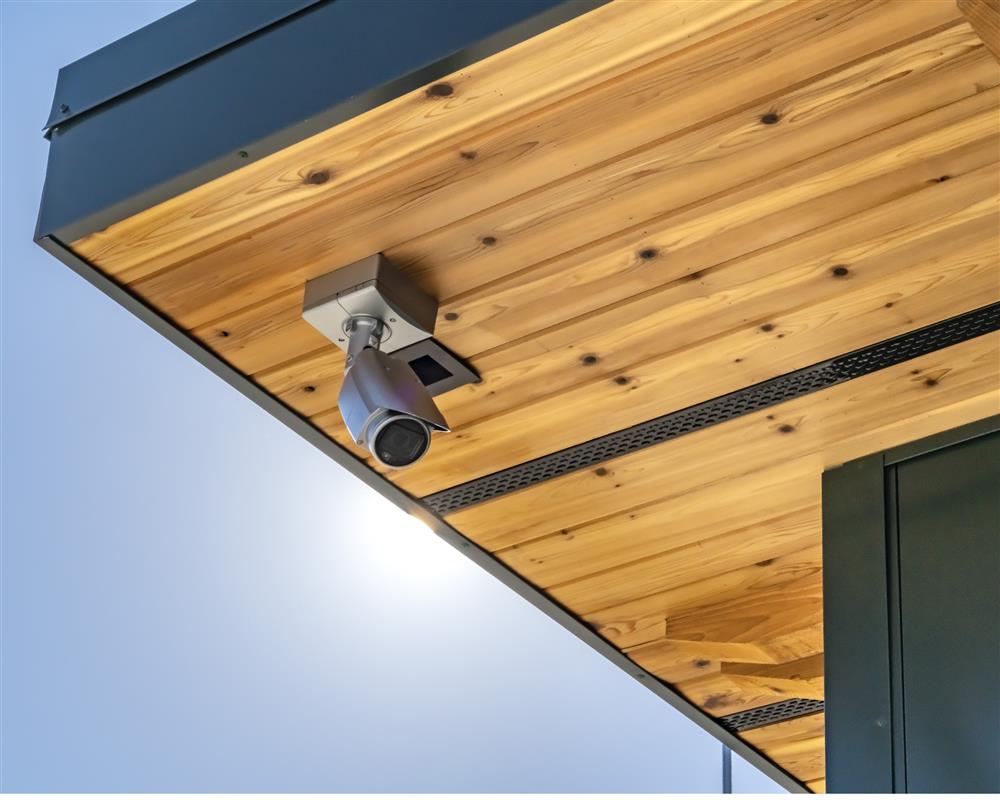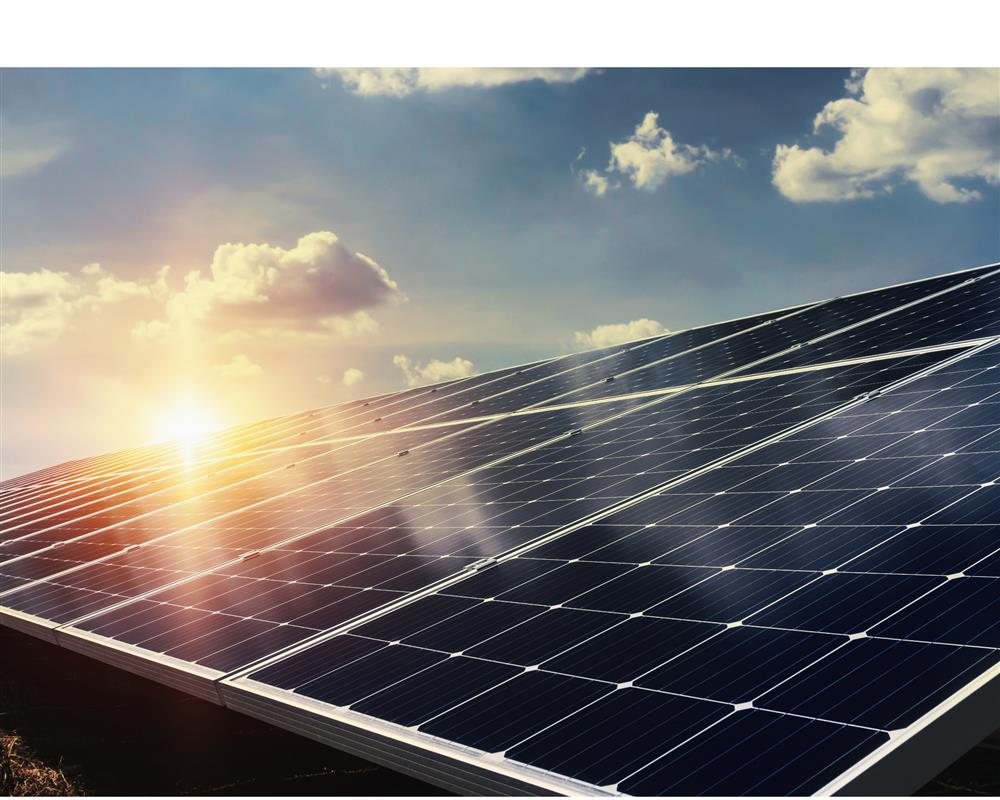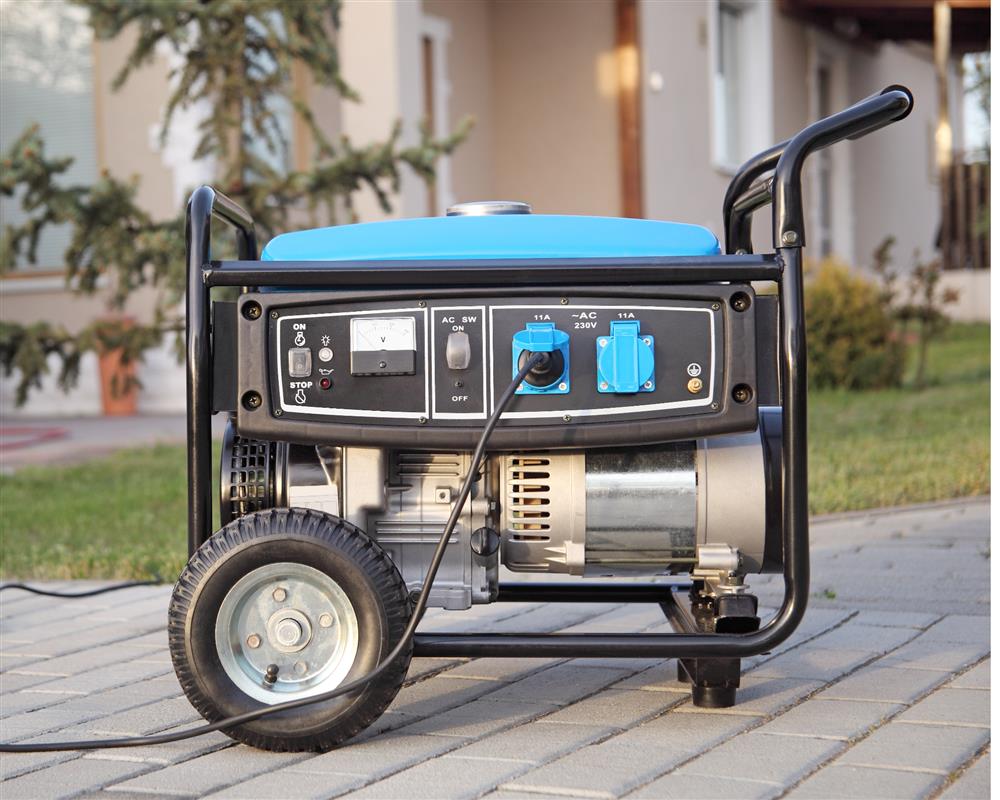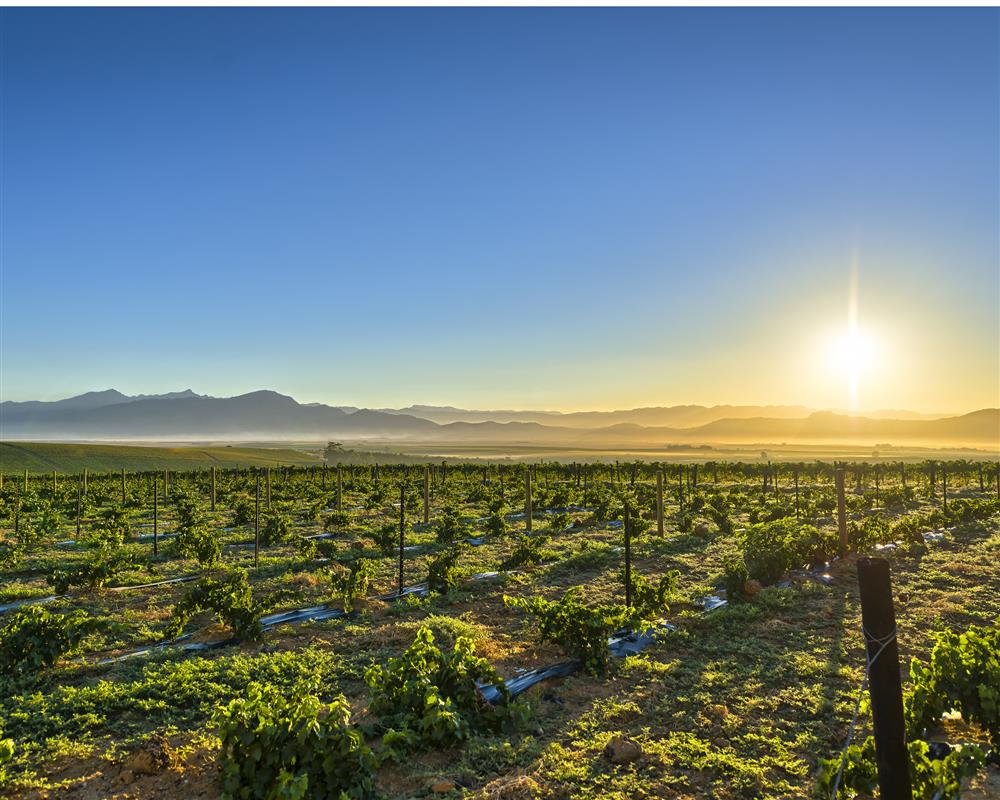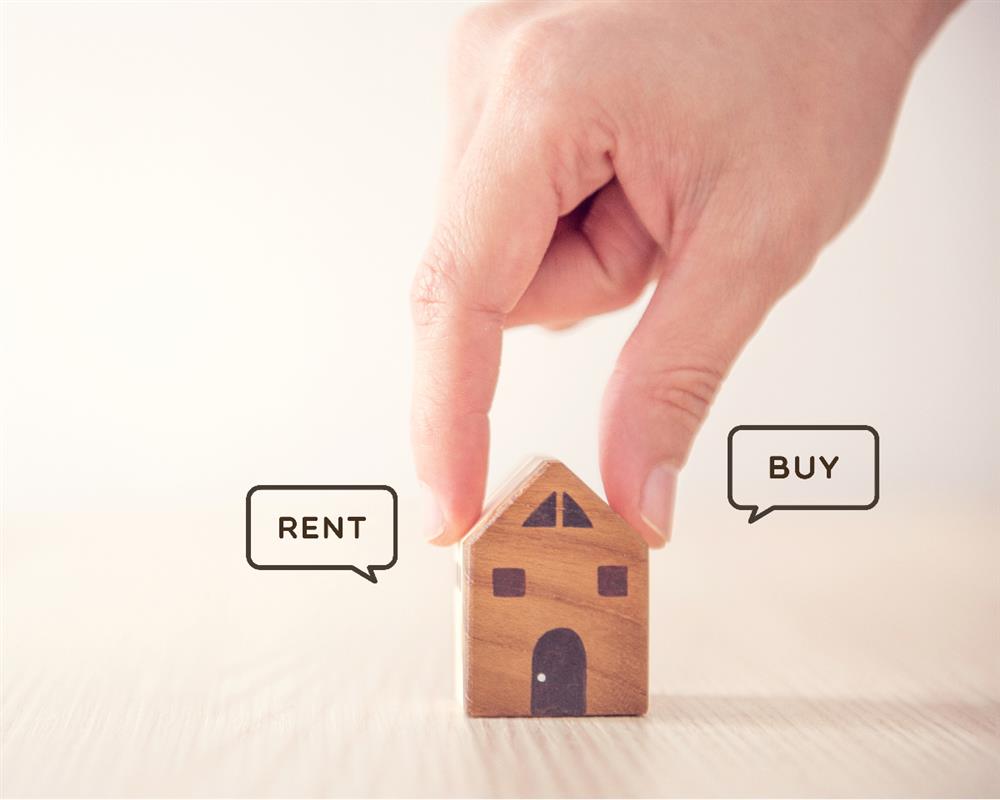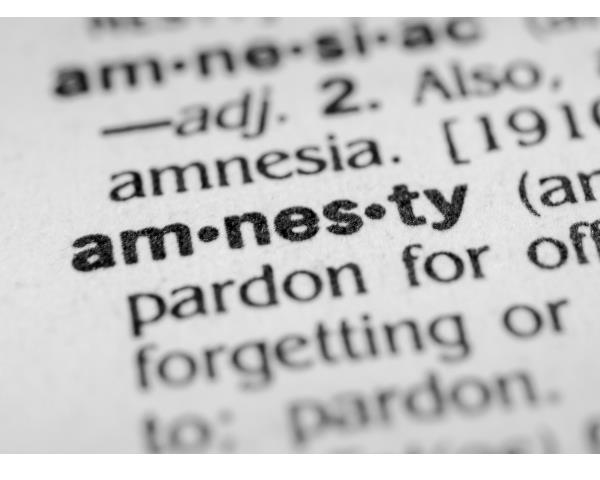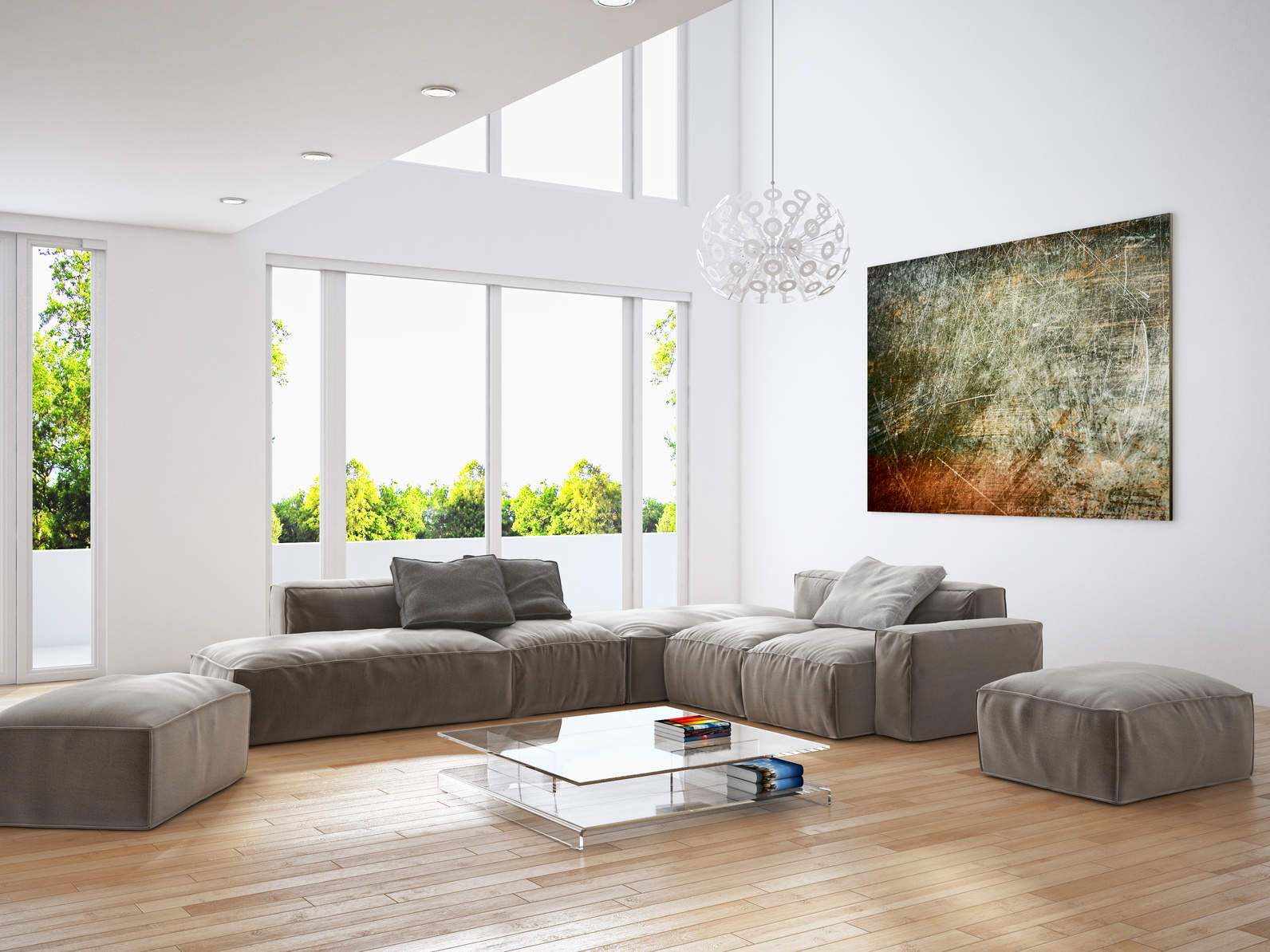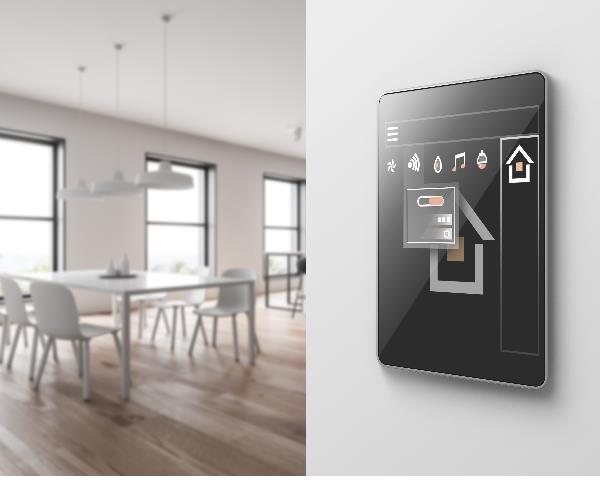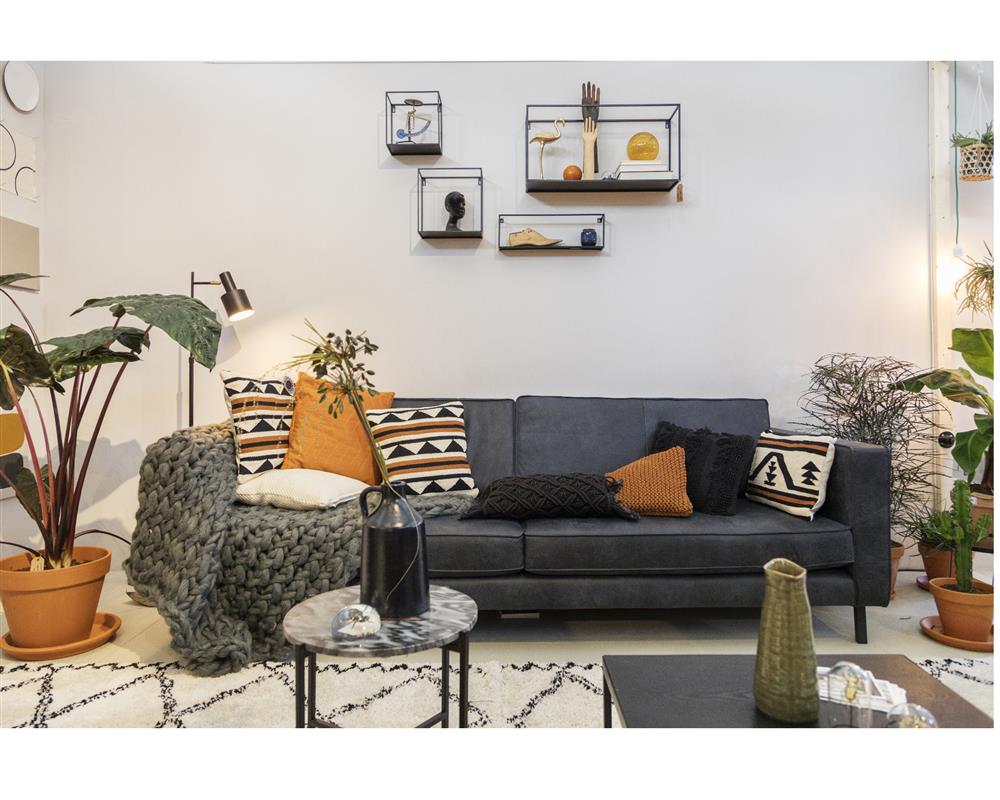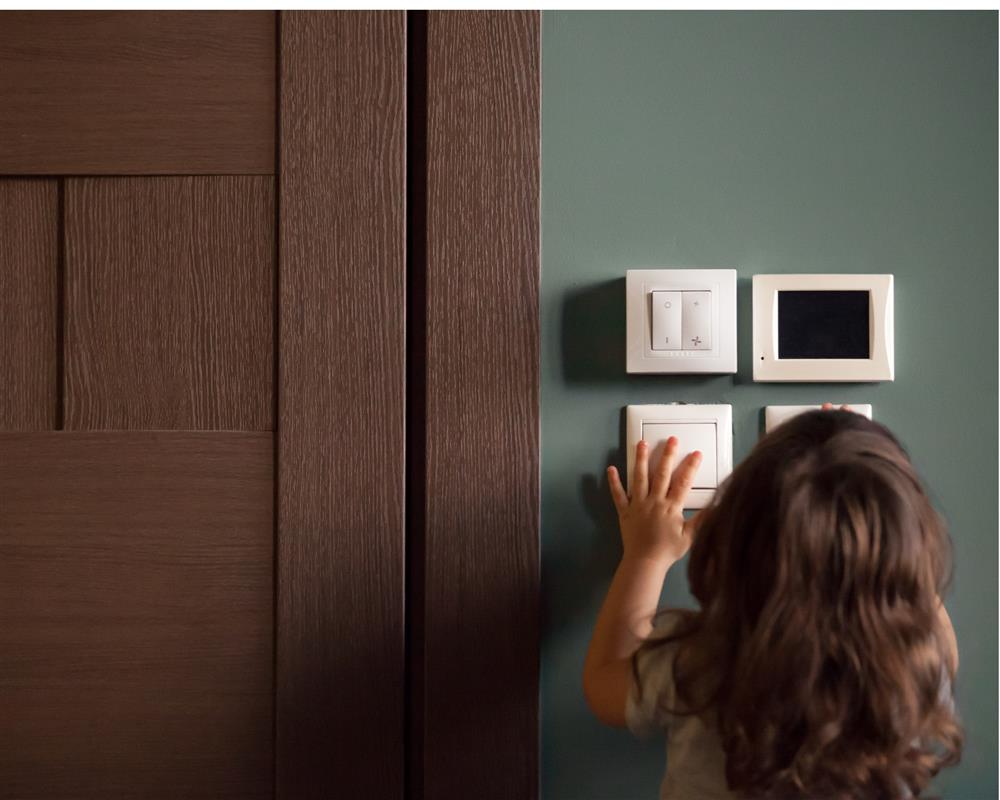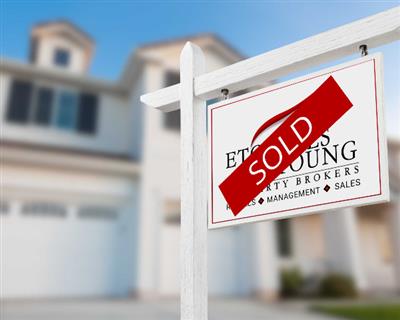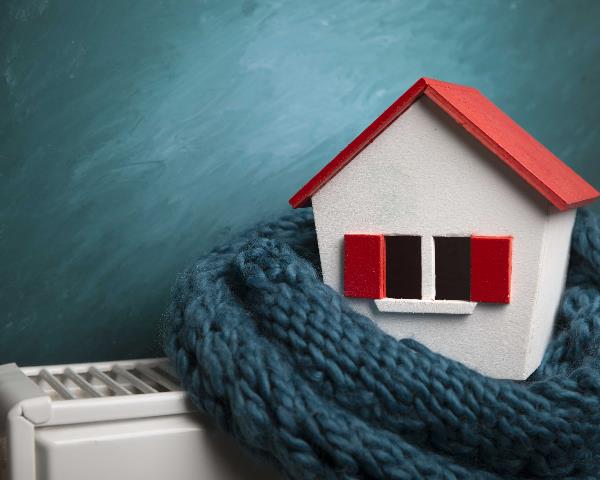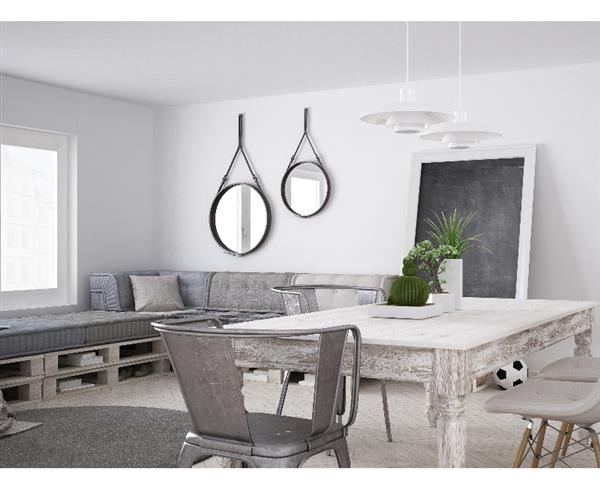
Lightstone data for September 2021 – August 2022 reveals that Randburg is a popular choice for first-time buyers and families, with more than 80% of buyers in the area younger than 49 years old. Buyers aged 36-49 years make up the largest proportion, at 43% of the total buyers over the last year, while buyers aged 18-35 years represent only marginally less, at 40% of the total buyers.
Randburg Property Landscape:
Driven by affordability, Randburg offers a vast and diverse selection of sectional title and freehold properties in accessibly-priced suburbs, catering to all lifestyles and life stages. First-time buyers flock to areas like Fontainbleau and North Riding, where the average sale price is at/below the R1 million mark. With its high ratio of sectional title property and buoyant market performance, Ferndale beckons to experienced investors and market entrants. Bordeaux, Blairgowrie and Randpark boast a property landscape almost entirely made up of freehold properties – ideal for families looking to be situated a stone’s throw away from leading primary and high schools! Randburg offers excellent value for money, with easy access to JHB’s business and entertainment hubs, including the Randburg, Sandton and Rosebank CBD, first-class shopping amenities, sporting facilities, and major travel arterials, as well as neighbouring high-value suburbs like Bryanston and Morningside.
Property Price Growth:
The average property price in this suburb has risen substantially – good news for investors! Lightstone figures reveal that both the freehold (R1 900 000) and sectional title (R895 000) median prices for the year so far (based on property registrations) have already surpassed those for the full 2021 year. According to Lightstone’s data, the average property price for sectional title property has grown by 4% to date, while freehold property has grown by 5%. The lower number of sales for 2022 (in comparison with 2021 figures) could be attributed to the fact that the data for 2022 represents only three-quarters of the year. That said, the current economic climate, aggravated by rolling blackouts, rising interest rates, higher living costs and geopolitical tension, has dampened demand and weakened affordability.
Spring and summer are the selling seasons, and our sales specialists predict that the number of sales will continue to climb as the year draws to a close. While affordability has impacted the number of bond applicants in the last year, and therefore the number of registered sales, fewer applicants means that competition for business between the major banks has resulted in strong interest rate discounts and lower deposit requirements for qualified buyers with good credit records. Competitively priced sales property in a sought-after suburb like Randburg will sell!
This is evidenced in the high number of sectional title and freehold sales. In the last year sectional title property in the R400 000 – R800 000 value band and R800 001 – R1 500 000 value band had the highest number of sales transactions, at 991 and 1199 respectively. Sales of sectional title property over R1 500 000 declined sharply to a third of those figures. In Randburg, there are far fewer sectional title properties available in the higher value brackets than in a high-value suburb like Sandton, which accounts for the lower number of sales in those price categories. That said, the proverbial “sweet spot” for sectional title property is and has been around the R1 million mark. The sales market remains largely value driven, with more than 60% of transactions below R1 500 000. The average selling price for all four categories is R1 532 500 - in line with Q2 data released by ooba, South Africa’s foremost home loan comparison service, which stipulates that the average purchase price for Gauteng North and the West Rand stands at R1 535 848.
Freehold properties (923) and freehold properties in an estate (552) between R1 500 001 and R3 000 000 are also among the most active price bands. The average selling price for freehold homes in Randburg stands at R1 927 000, whilst freehold property in estates is slightly higher, at R2 219 000. This makes sense given that buyers are willing to pay a premium for the exclusive access to amenities and state-of-the-art security that estate living has to offer.
Average Selling Price & Asking Price of all Property24 Listings for 2022:
According to Property24 Listings for 2022, the average selling price is almost R300 000 lower than the asking price. This confirms that the residential sales landscape remains a buyer’s market and is expected to remain so for the foreseeable future. Sellers need to bear in mind that an oversupply of sales property, aggravated by desperate sellers accepting lower offers, and a smaller pool of qualified buyers, affords the aspirant homeowner strong purchasing power. Sales property will need to be competitively priced if it is to have a hope of selling timeously. However, while the current rate hiking cycle has placed household finances under increasing pressure, prime remains well below pre-pandemic levels and the banks’ approval rates remain steady. The local housing market is expected to remain resilient.
Average Listing Price of Properties Currently for Sale in Randburg (as listed on Property24.com):
Property24 compiled data on the average listing price of properties currently for sale in Randburg, by number of bedrooms. The asking price is directly impacted by the type of property, age of building/property, condition, and size of the property, as well as prevailing market conditions.
Property for Investment and Rental Purposes:
In TPN’s Investor Report, the credit bureaux give an overview of the rental increase and decrease trends in Randburg with regards to rental price. Sectional title property in the expansive Randburg area has seen little increase to rental prices, with much of the area experiencing a significant decrease in rental prices. The average gross yield for sectional title property in Randburg is higher than the national average. However, according to Rode’s Report on the SA Property Market, rentals are still declining in real terms. Costs to the landlord, (rates, taxes, and maintenance), as well as higher bond instalments, are rising faster than their rental income. Rental price trends for freehold property appear more area specific, with suburbs like Randpark Ridge experiencing positive rental price increases while other areas like Fleurhof, Fairland and Northcliff show rental decreases. The average gross yield for freehold property in Randburg has sunk below the national average.
Randburg Residential Yield:
It appears that Randburg landlords have had to curb rental escalations to keep paying tenants. This is reflected in TPN’s Rental Payment Index which shows that on average the rental payment trends for Randburg are positive, with most suburbs more than 5% above the national goodstanding index. Tenants in goodstanding refers to the percentage of tenants who have settled their rental account at the end of each month in full – this includes tenants who have paid within the grace period and tenants who have paid late. The national average for residential tenants in goodstanding in Q1 of 2022 was 81.68%, marginally lower than Q4 of 2021. 68.25% of tenants in the Randburg area paid on time and in full. A further 3.34% of tenants paid within the grace period, and 9.15% paid late. According to TPN’s data, only 7.67% of tenants in Randburg did not pay their rent, slightly higher than the national average of 7.03%. TPN reports that those tenants in the lower market bands (spending less than R7 000 per month on rent) represent the largest portion of the rental market and are the most financially fragile. Tenants in this value band present the greatest risk of defaulting and are the poorest performing category of tenants in good standing.
In summary, rising interest rates may positively impact rental demand for competitively priced rental property. This is reflected in TPN’s higher Market Strength indices and lower Vacancy Rate. Landlords with properties in the lower value bands (less the R7 000) should partner with a professional property practitioner they can trust to apply strict screening criteria to new tenant placements, as these tenants remain the most price sensitive and are at the highest risk for defaulting. Landlords with properties in the mid- to high-value brackets are not exempt from the risk of poorly performing tenants. In fact, these tenants often have a higher percentage of their salaries going towards debt obligations and nondiscretionary spending, and so will be hard hit by the higher cost of borrowing. That said, tenants in these price brackets have shown continued improvement in good standing over the last several quarters, indicating the presence of adequate financial buffers. While inflationary pressure may force homeowners to implement rental increases to remain abreast of escalating costs, conservative rental escalations may be the difference between keeping a paying tenant and filling a vacant property. South African consumers are facing a cost-of-living crisis spurred by rising food and fuel costs, and TPN predicts that getting rental payments in on time and in full is likely to be a challenge going forward.

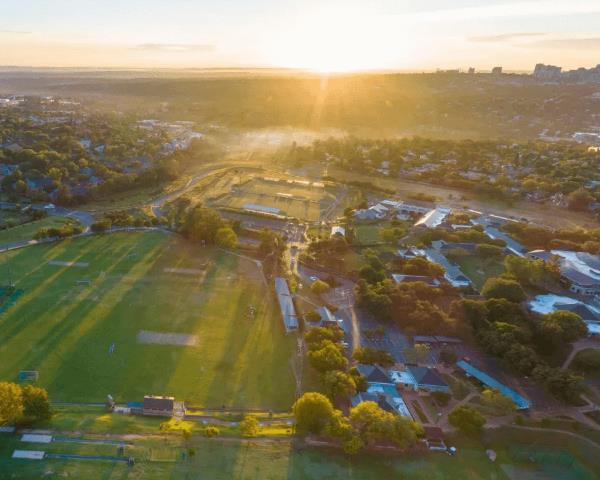







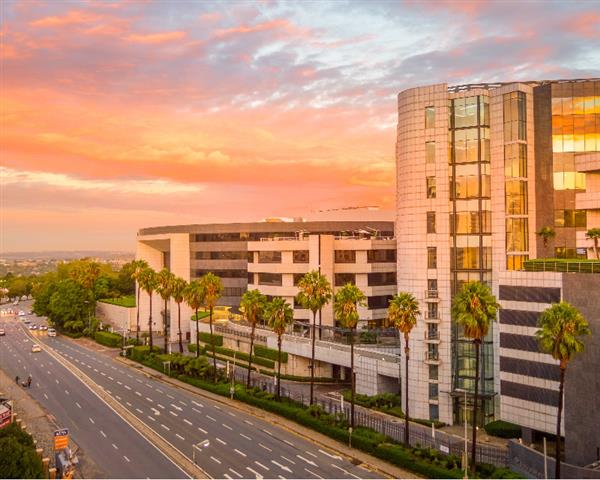
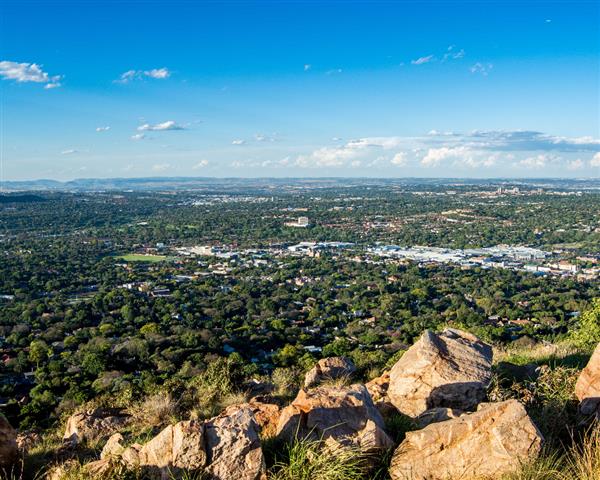









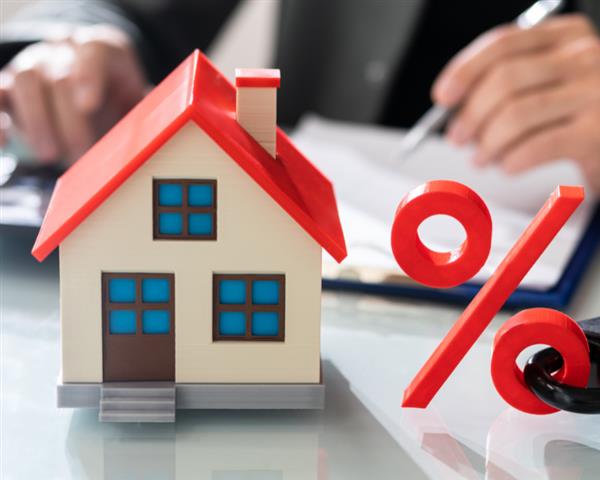







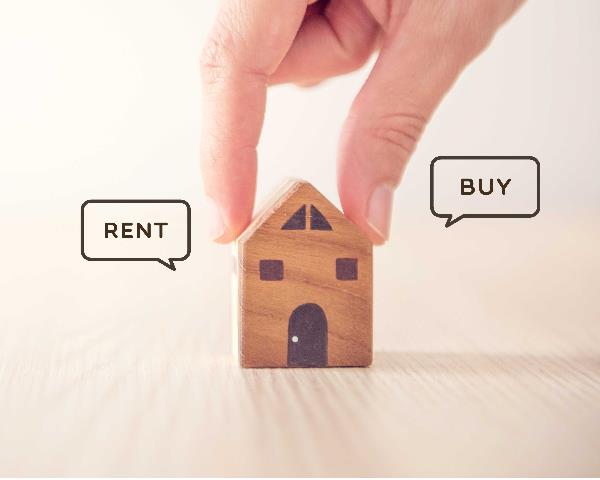
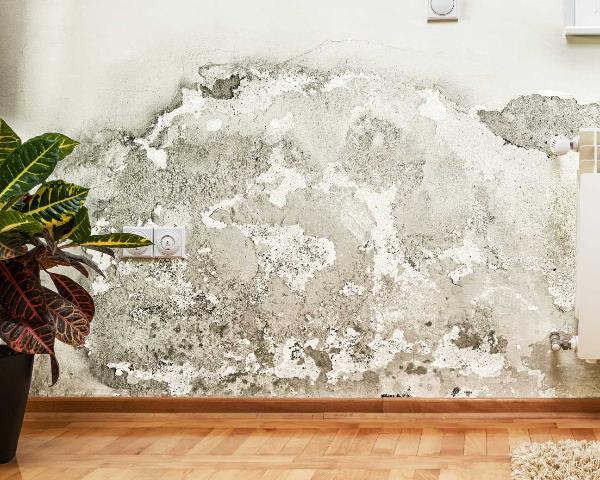
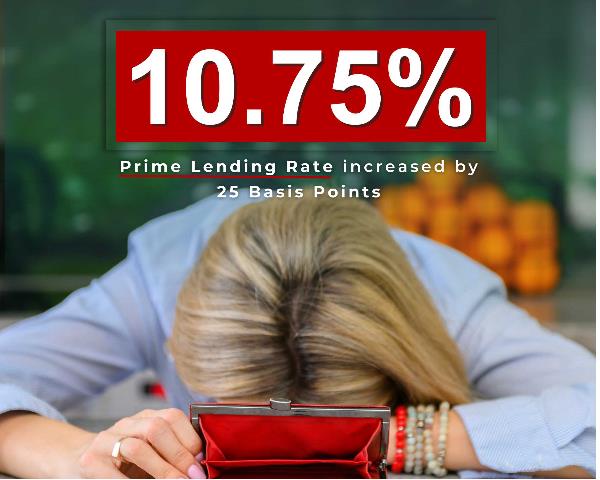
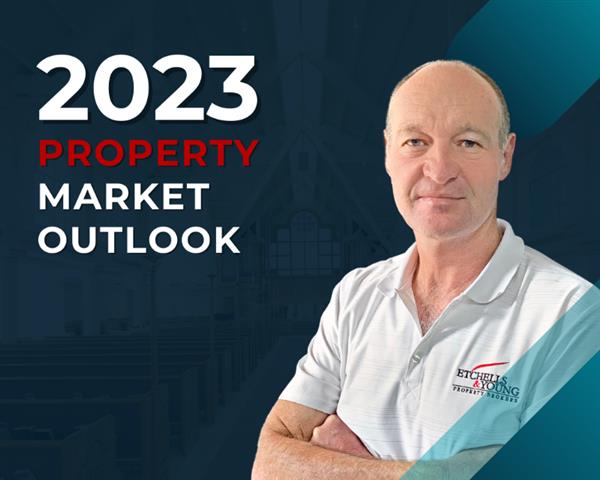

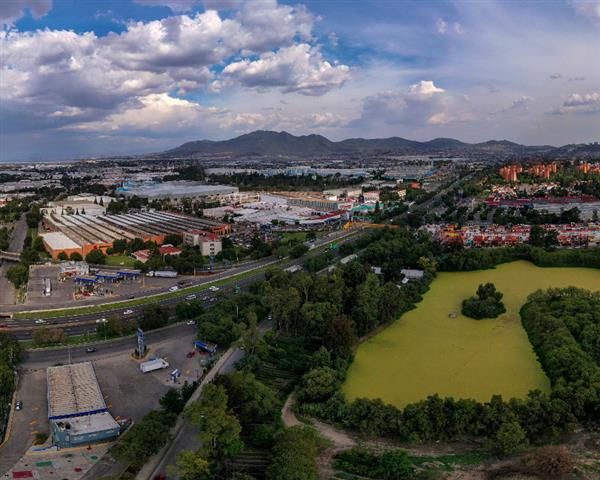
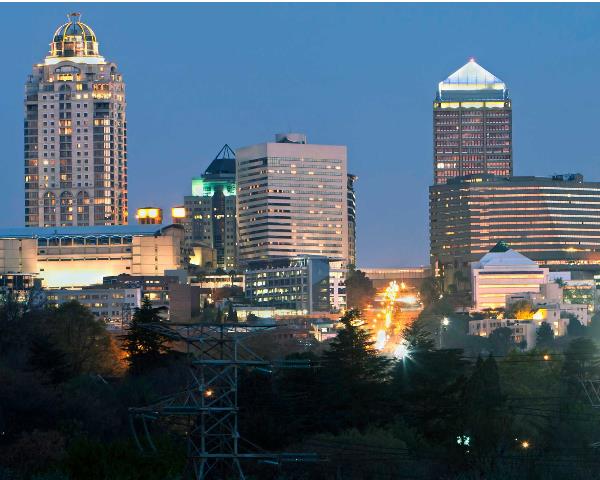
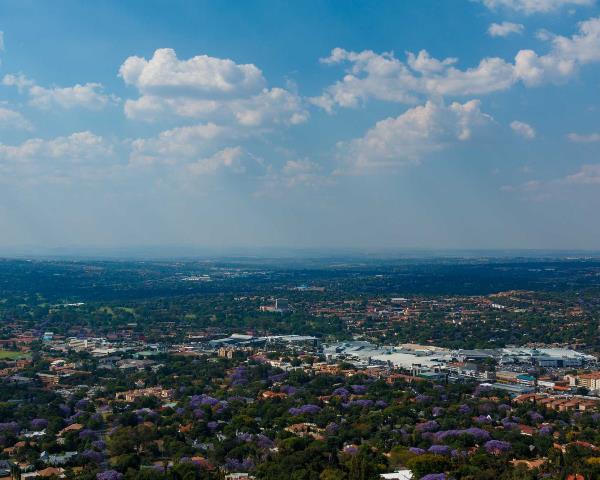
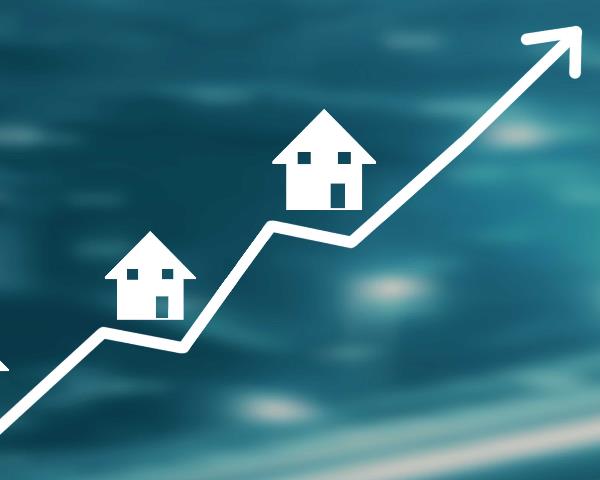
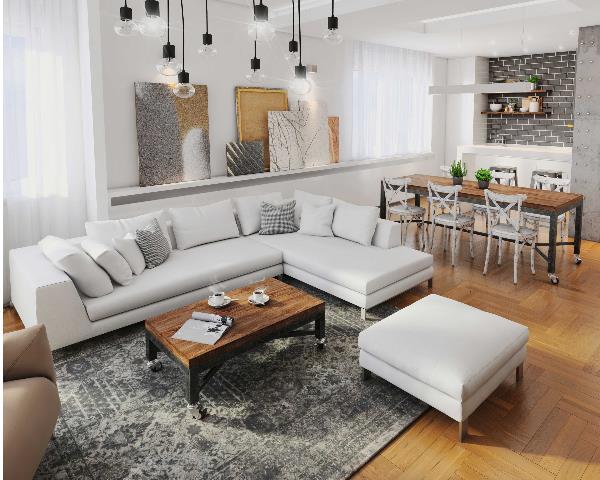






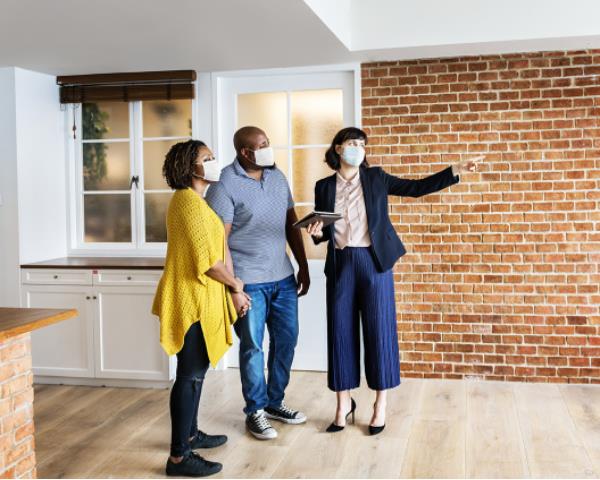

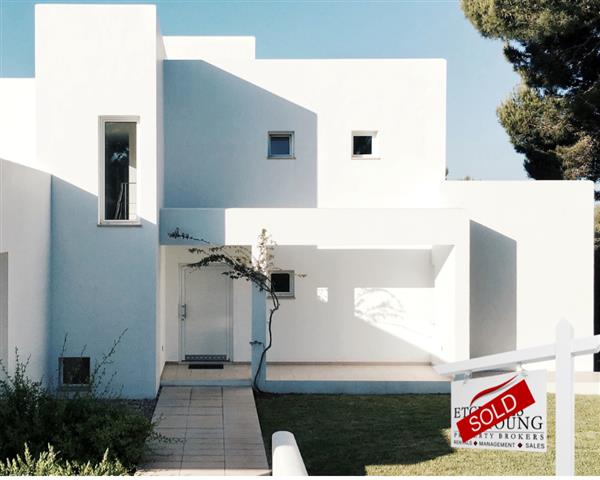
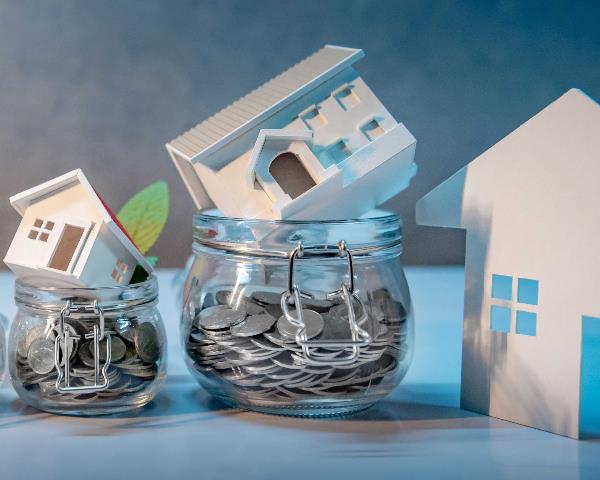


![What is POPIA? [Part 1]](https://s3.entegral.net/news/Thumbnail_2021_10_18_11_53_39_403.jpeg)
